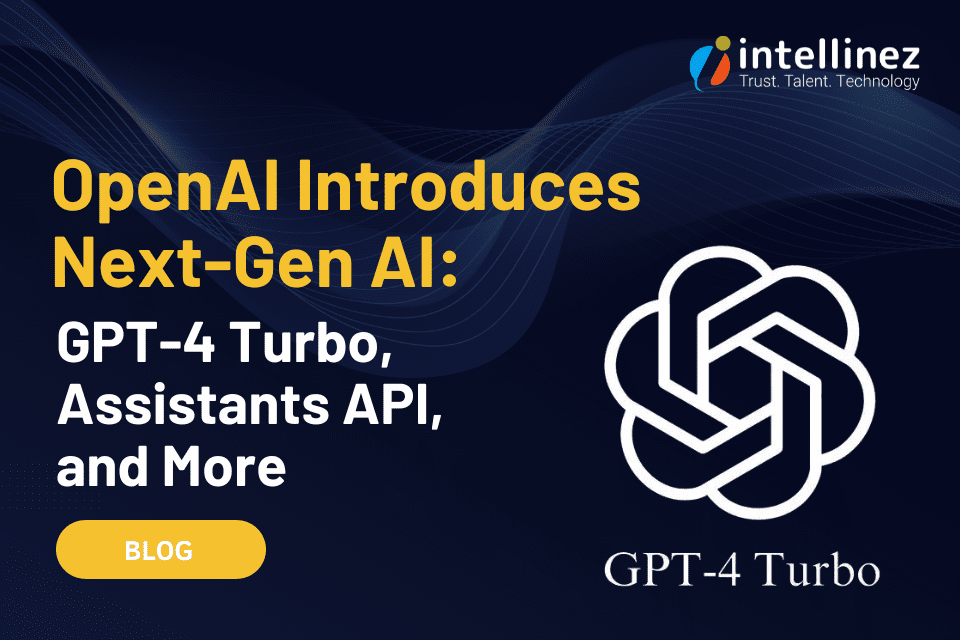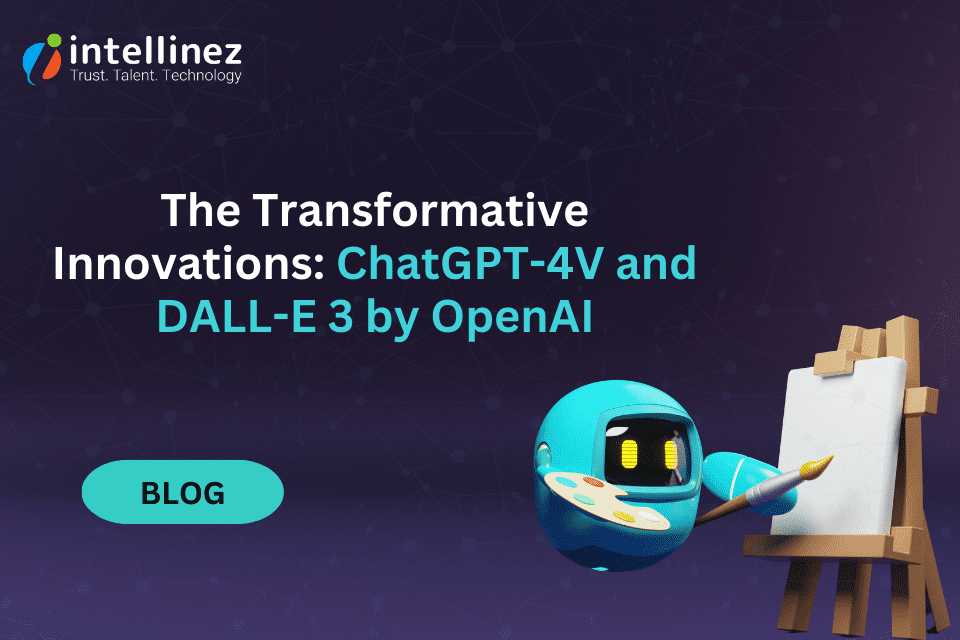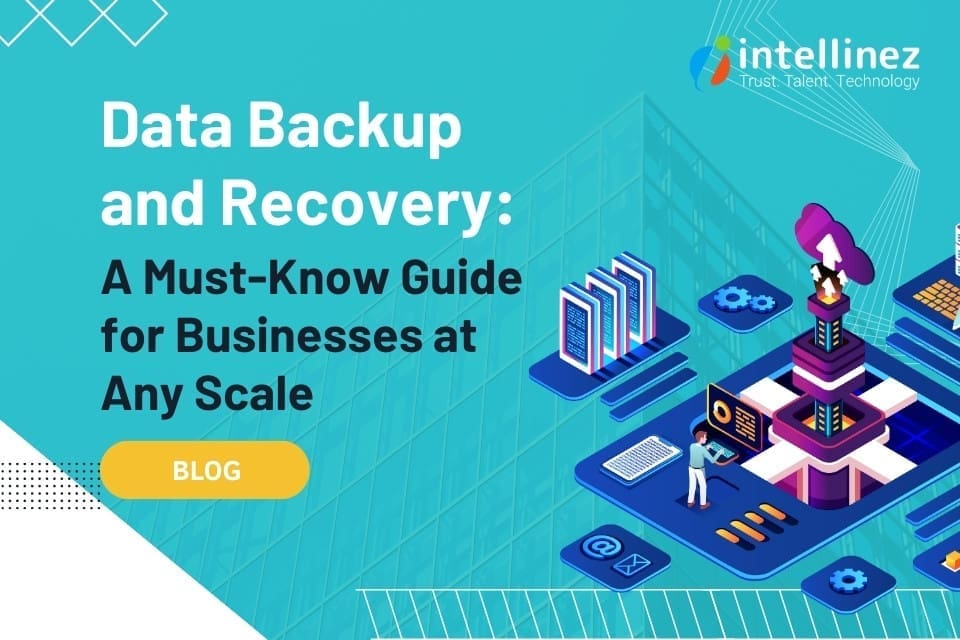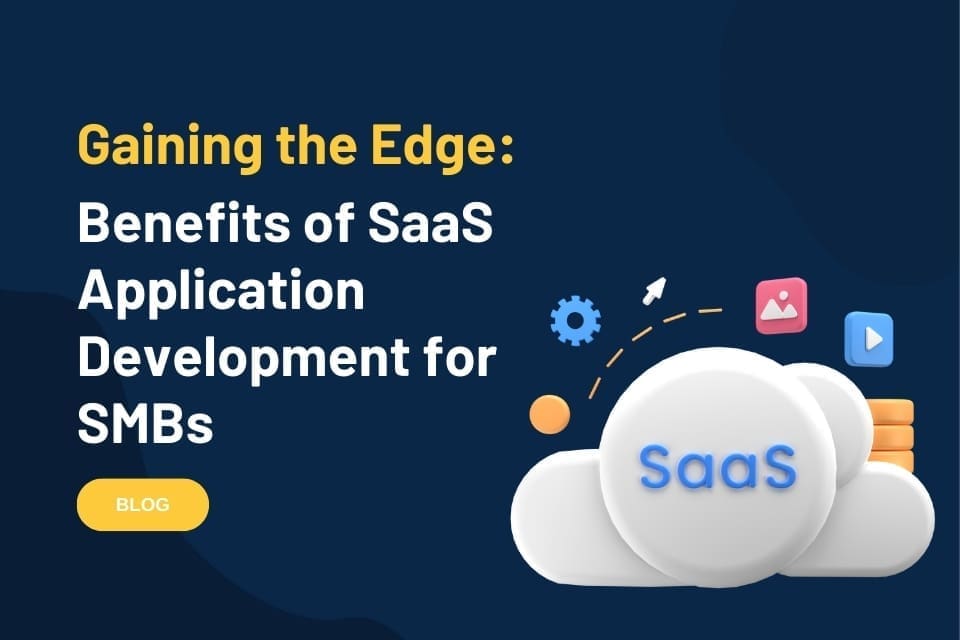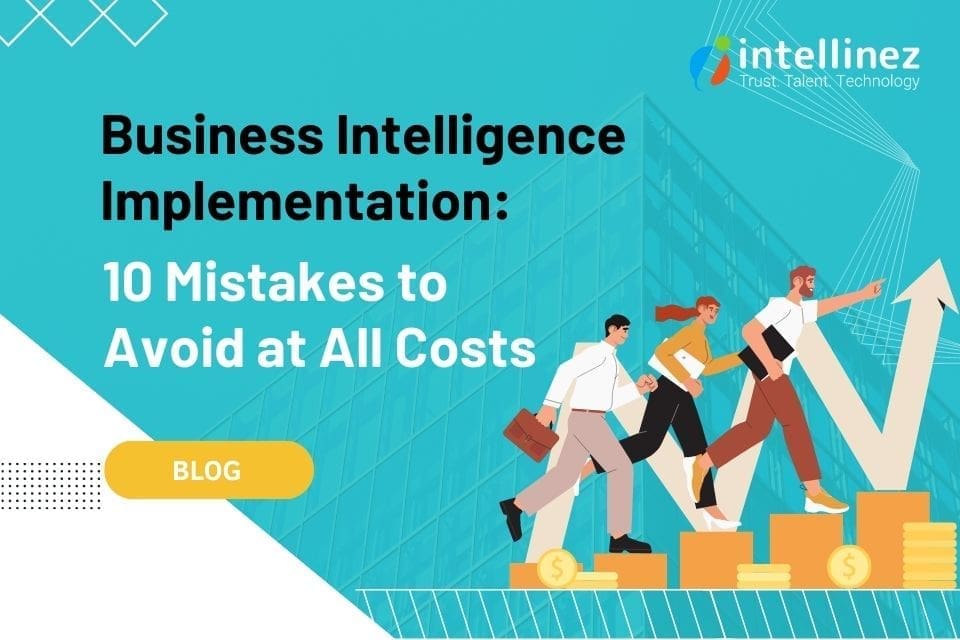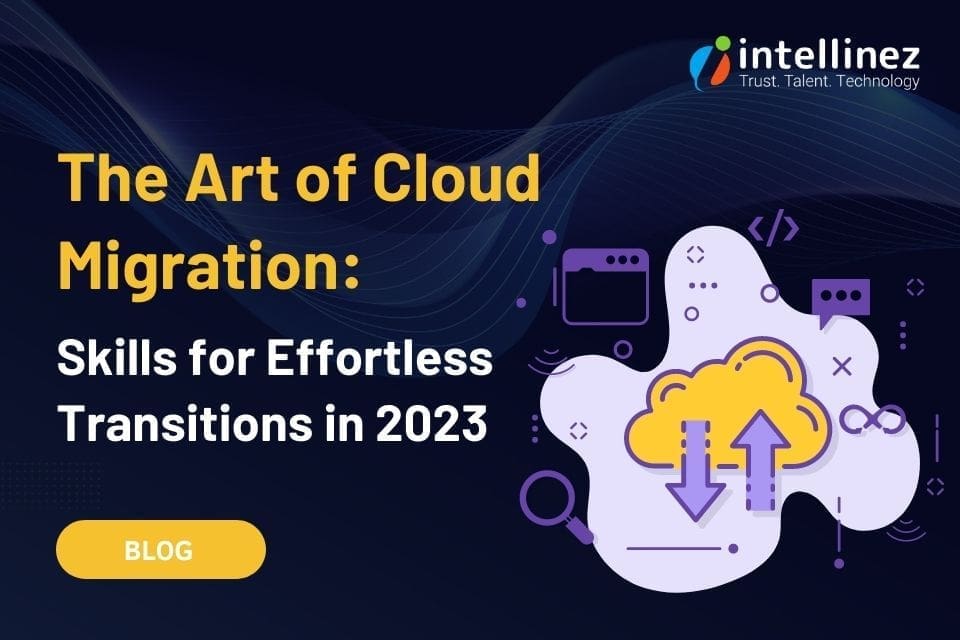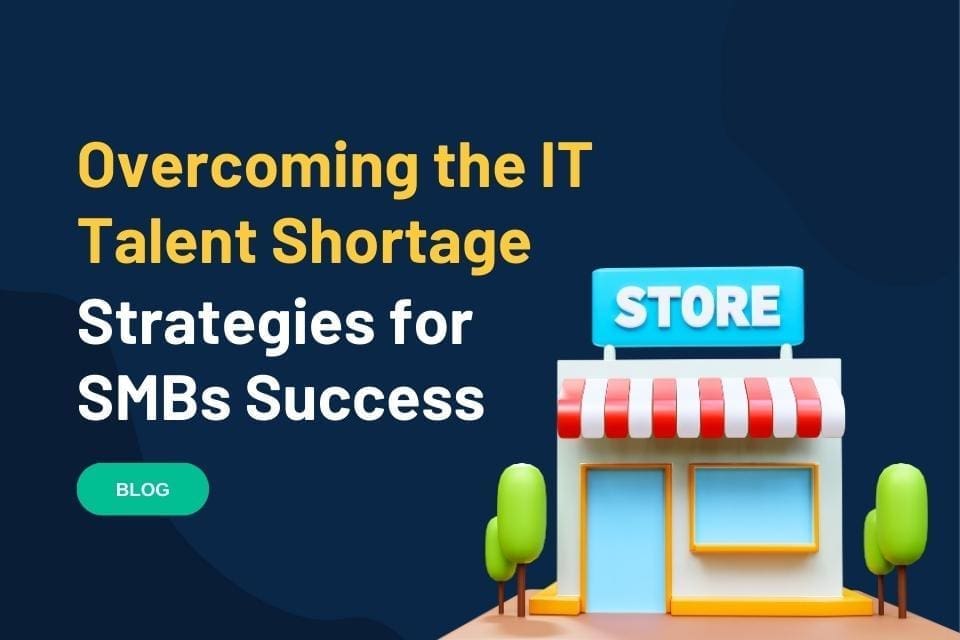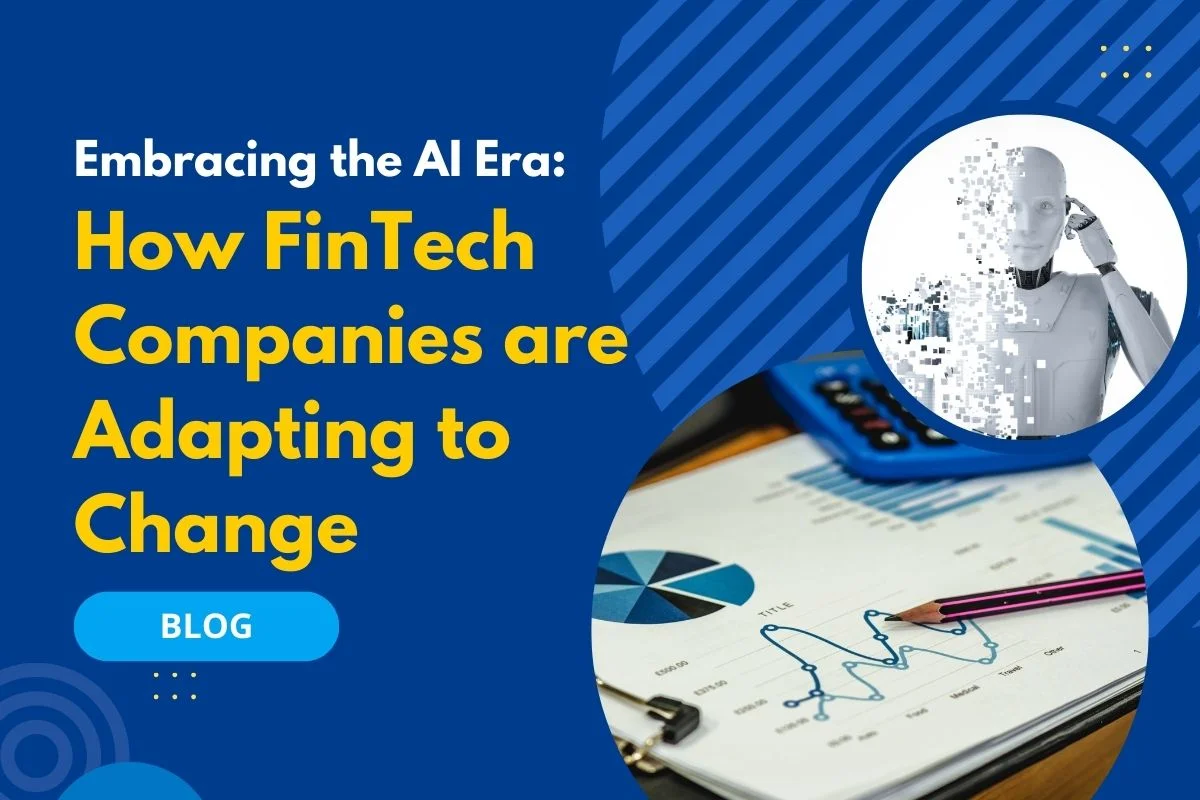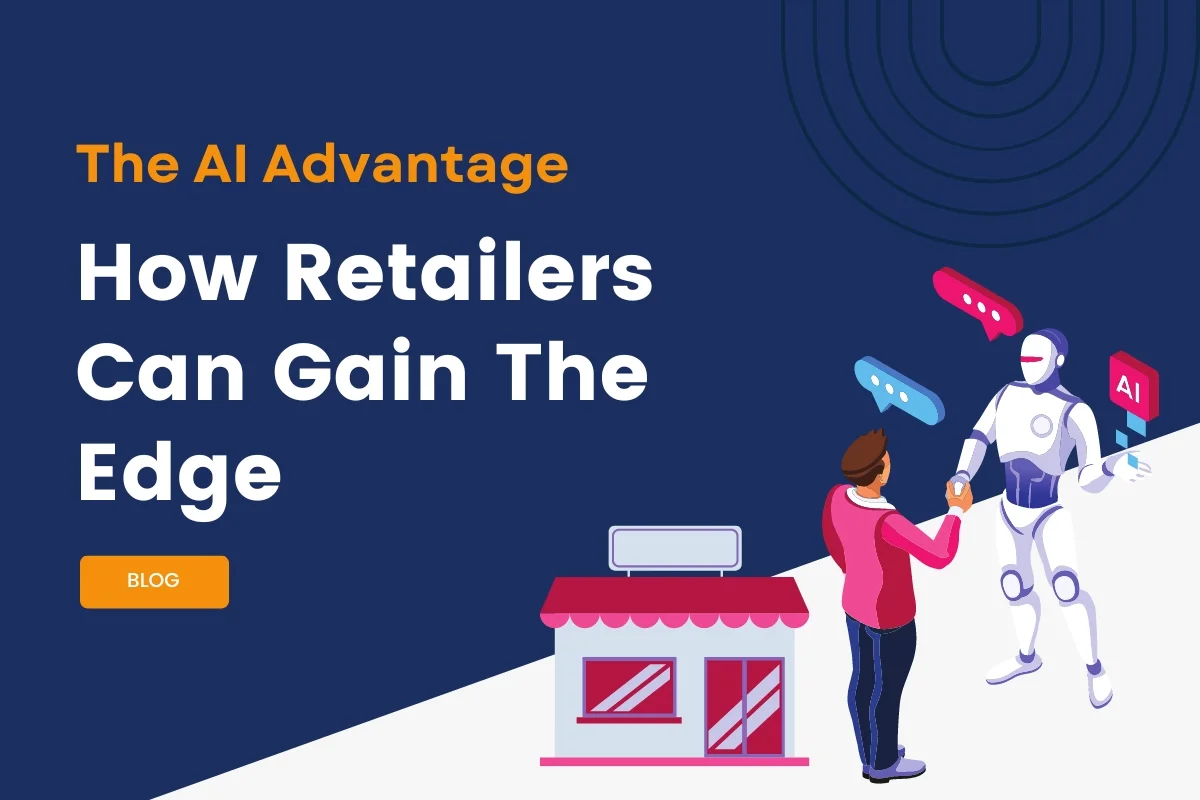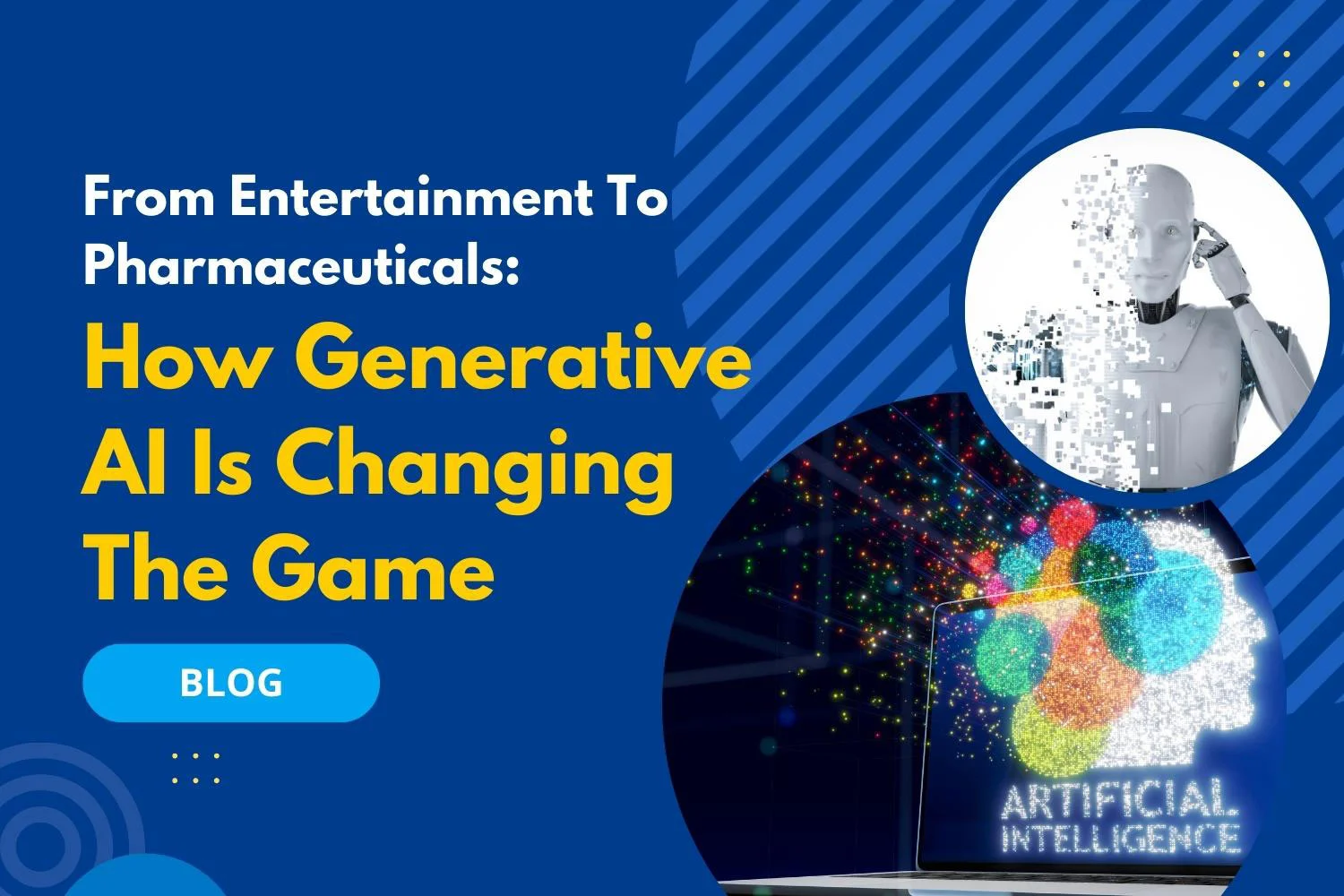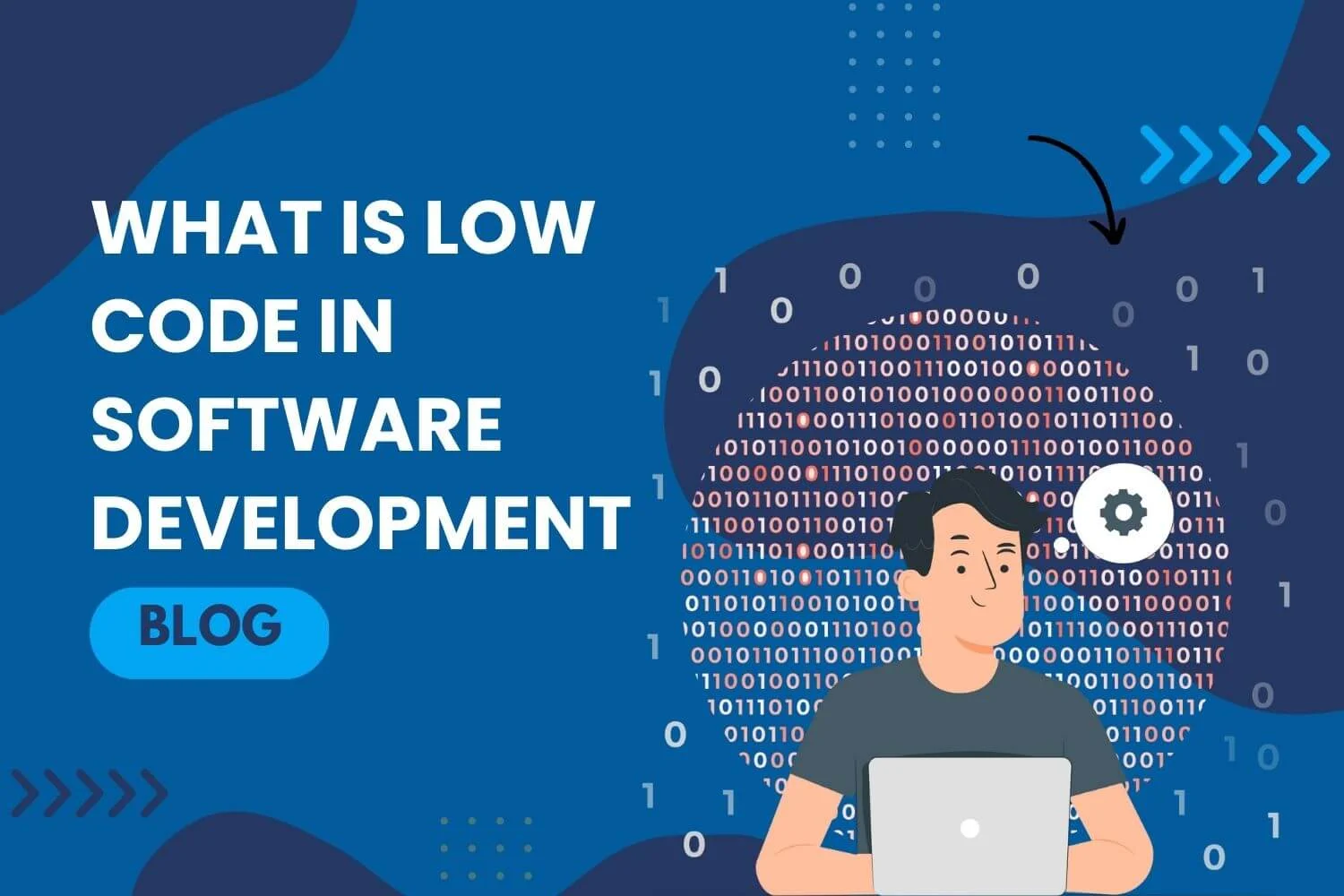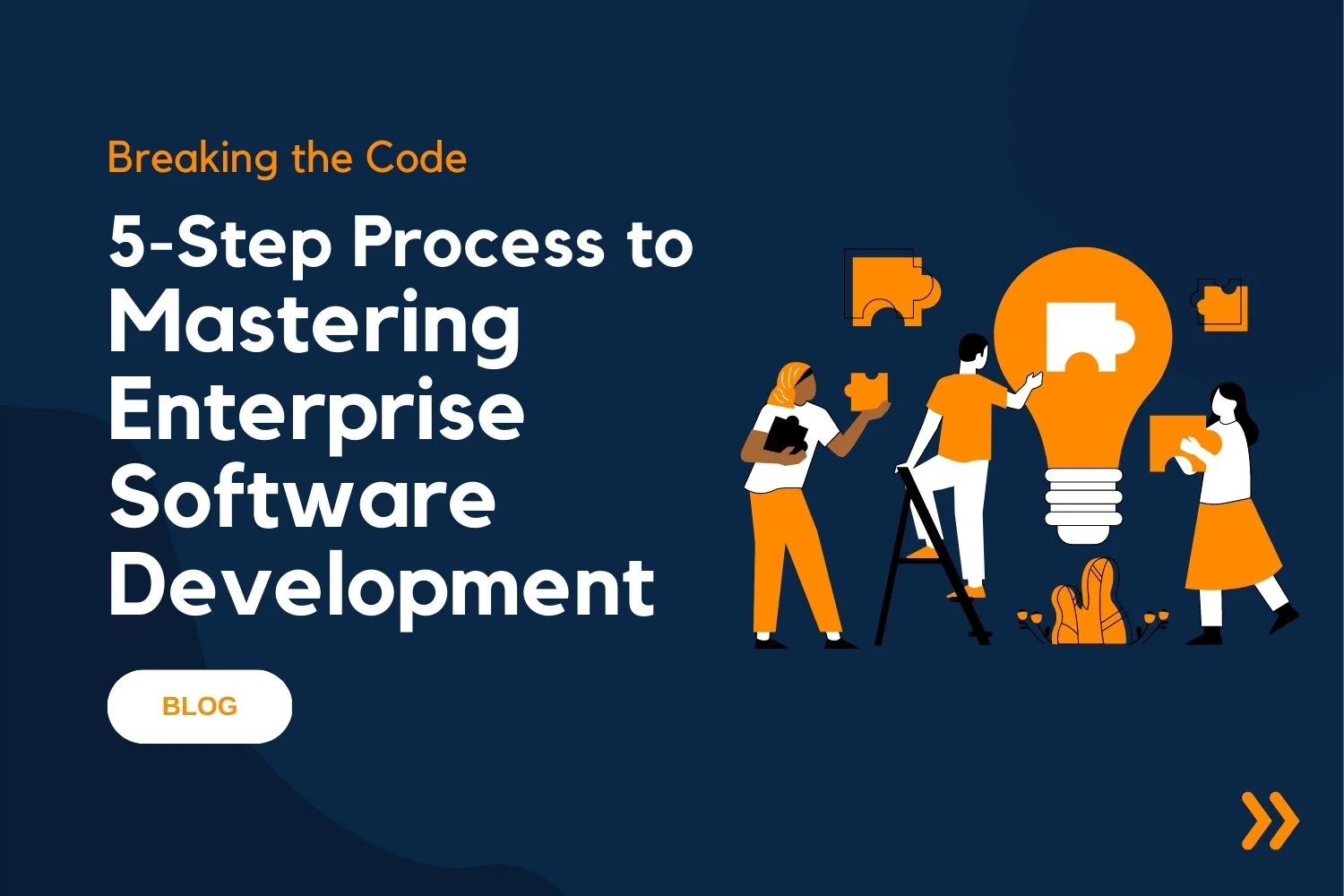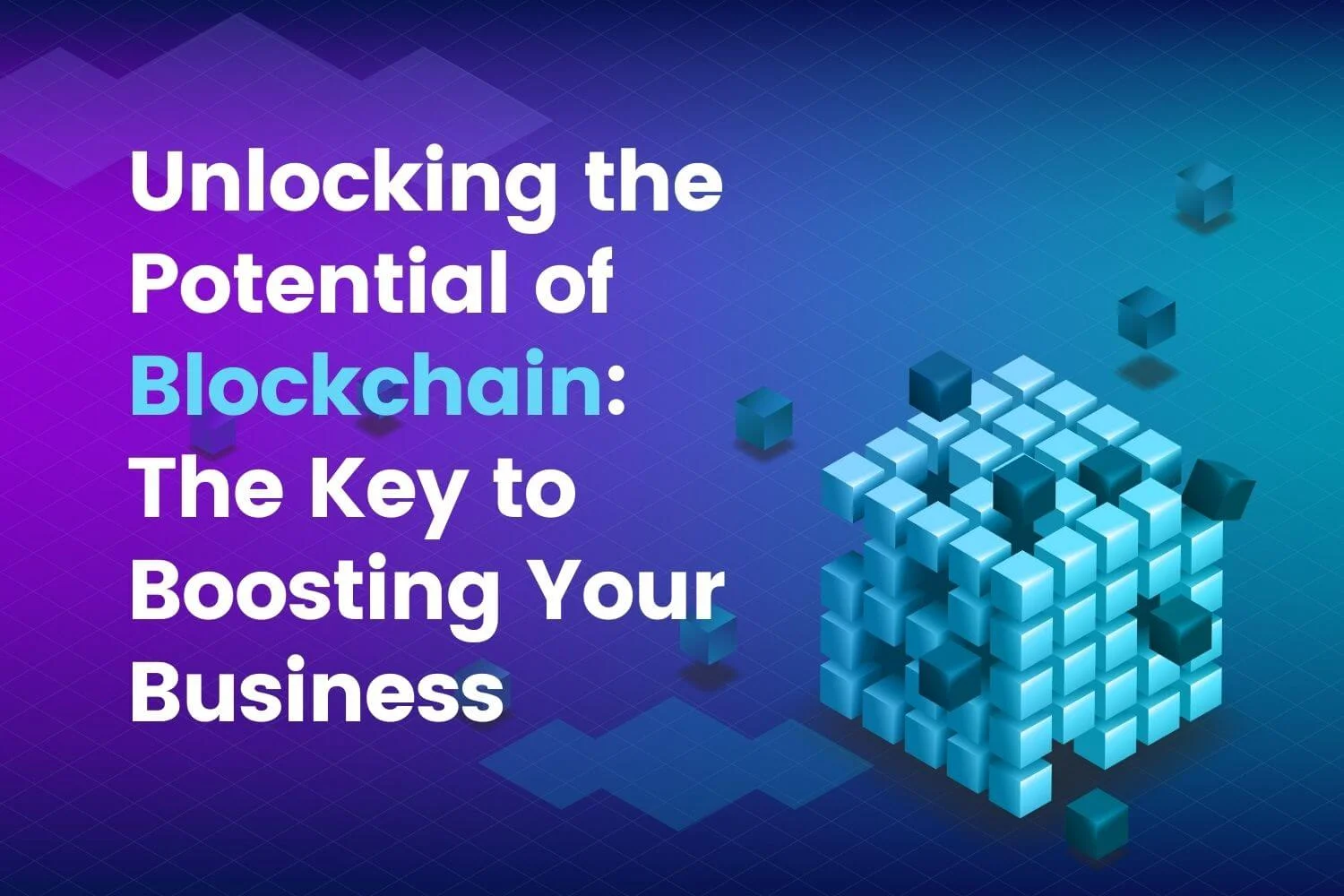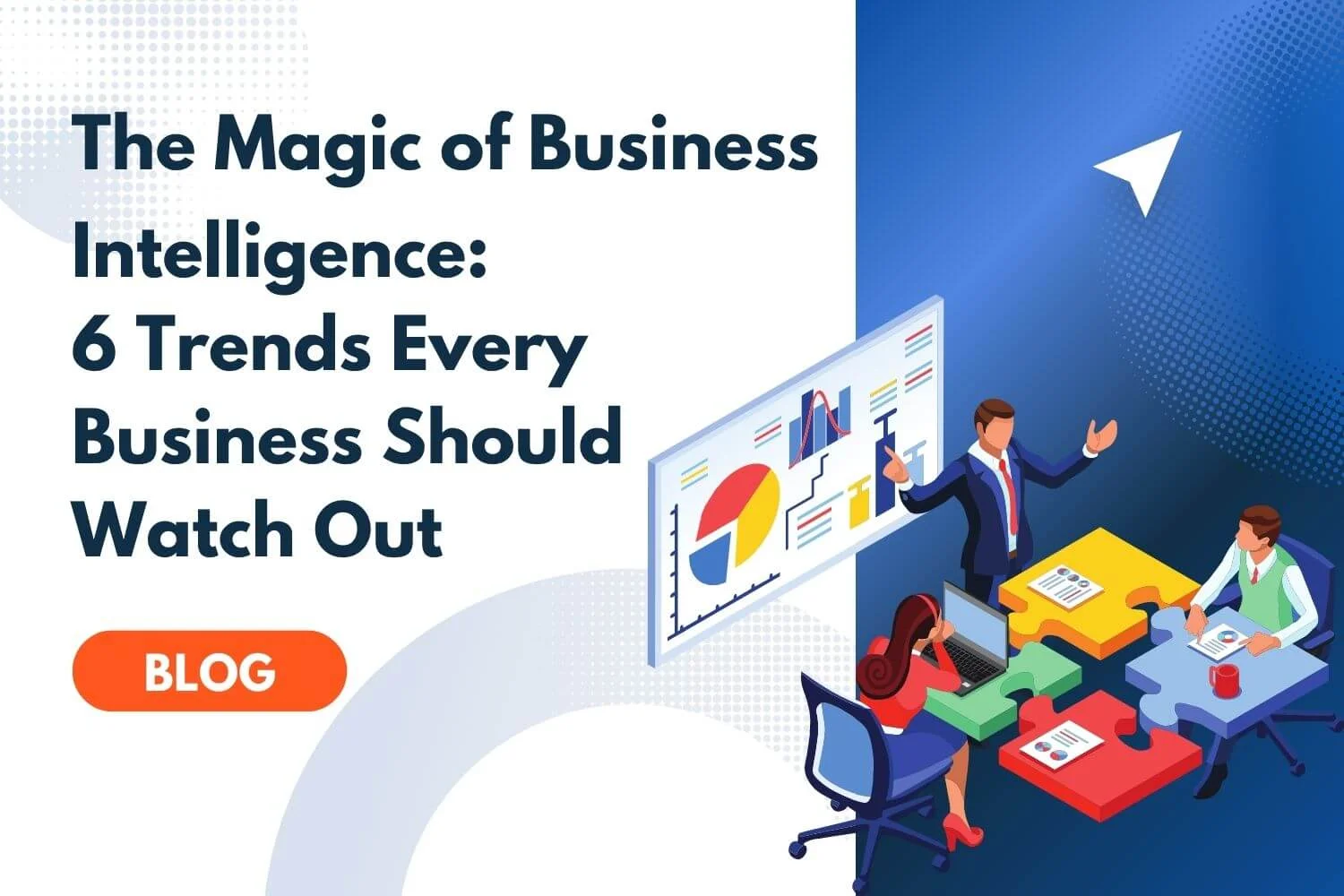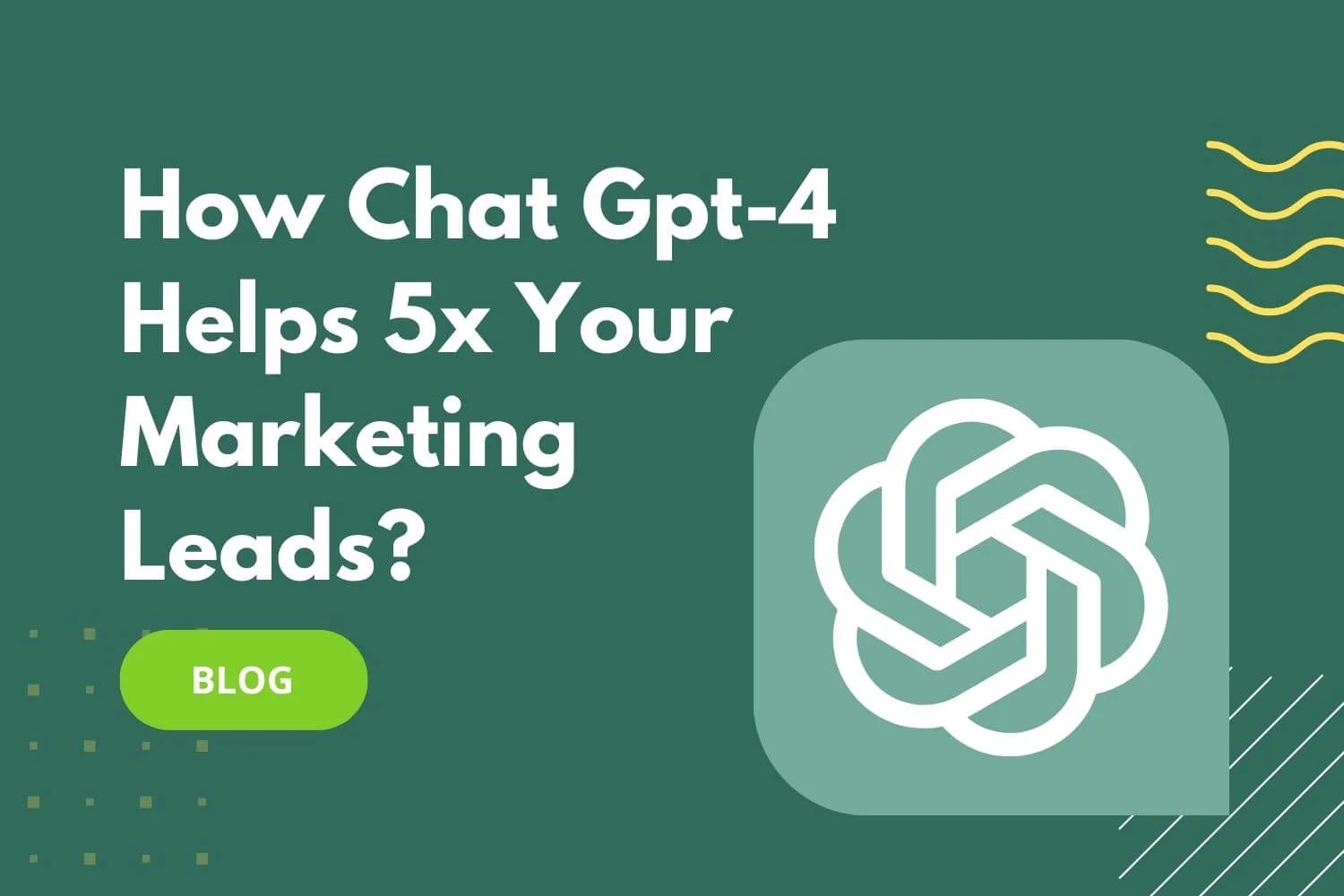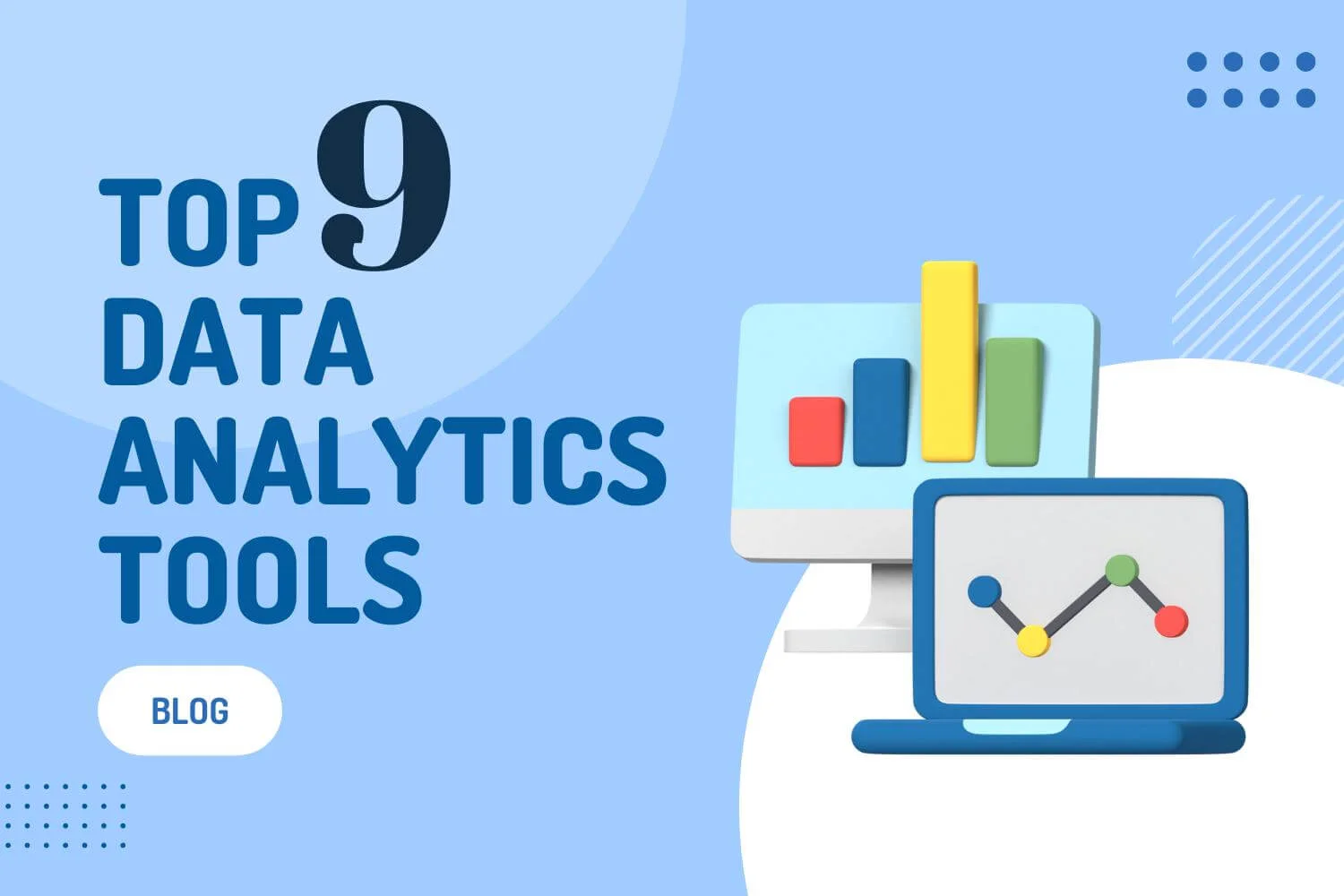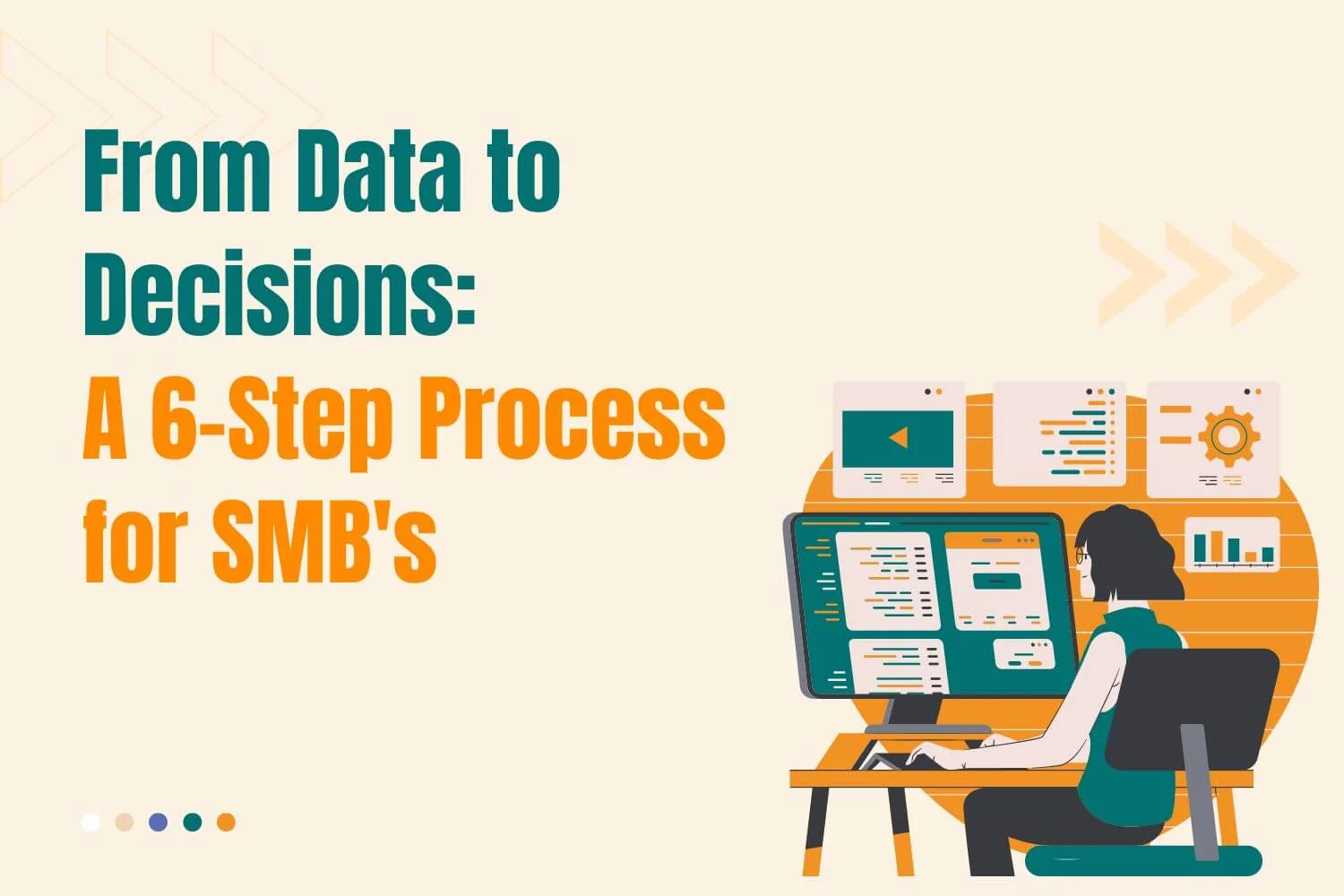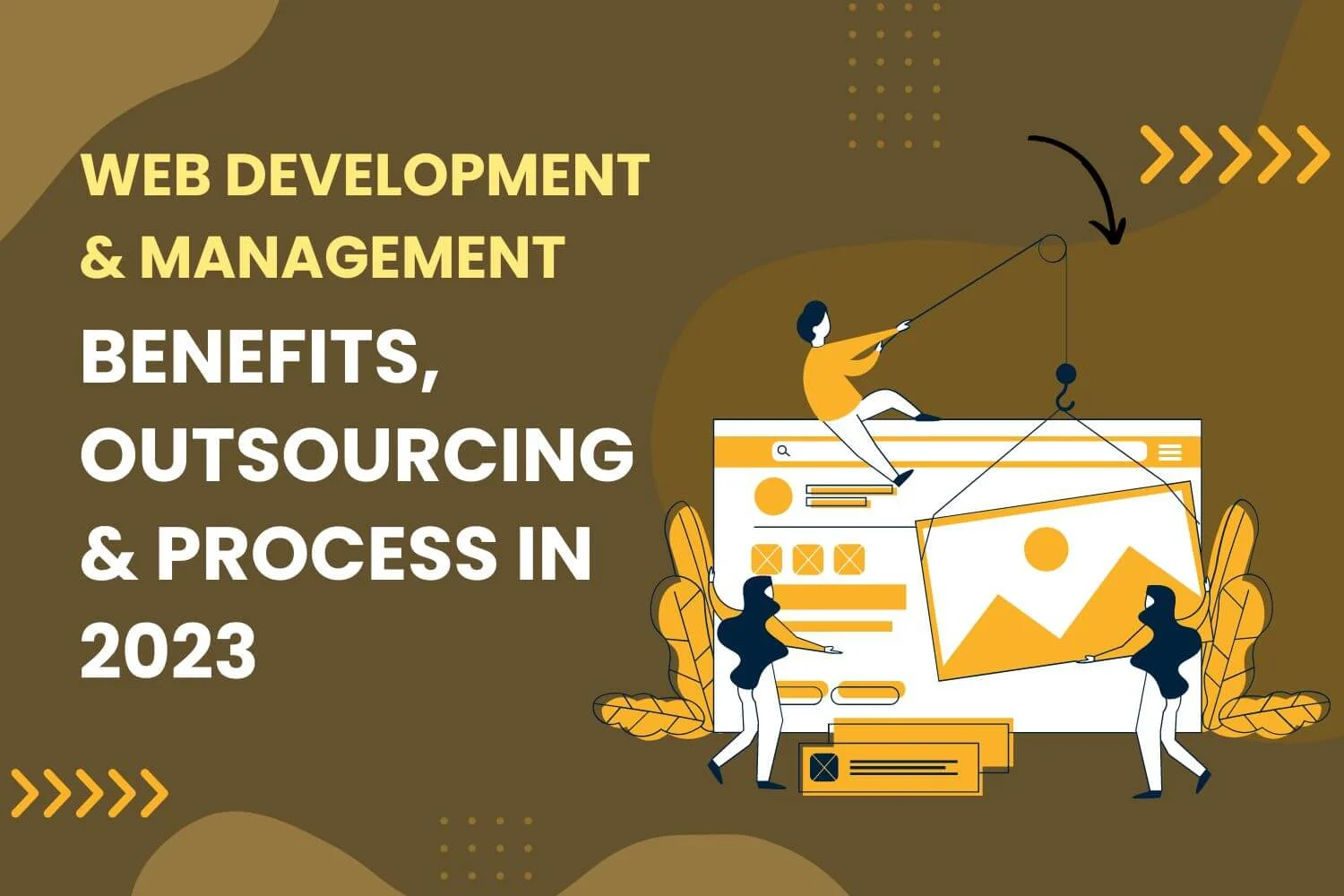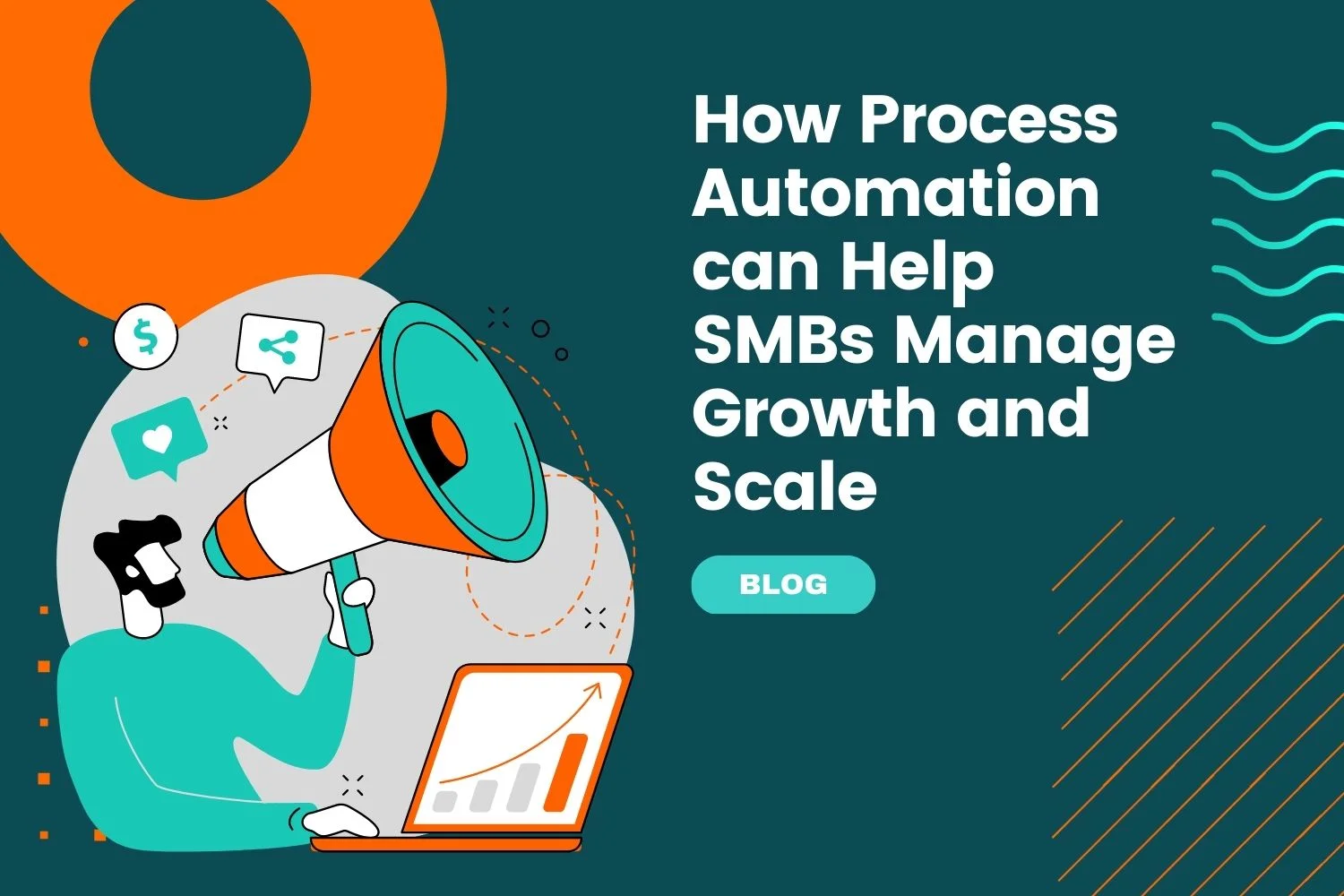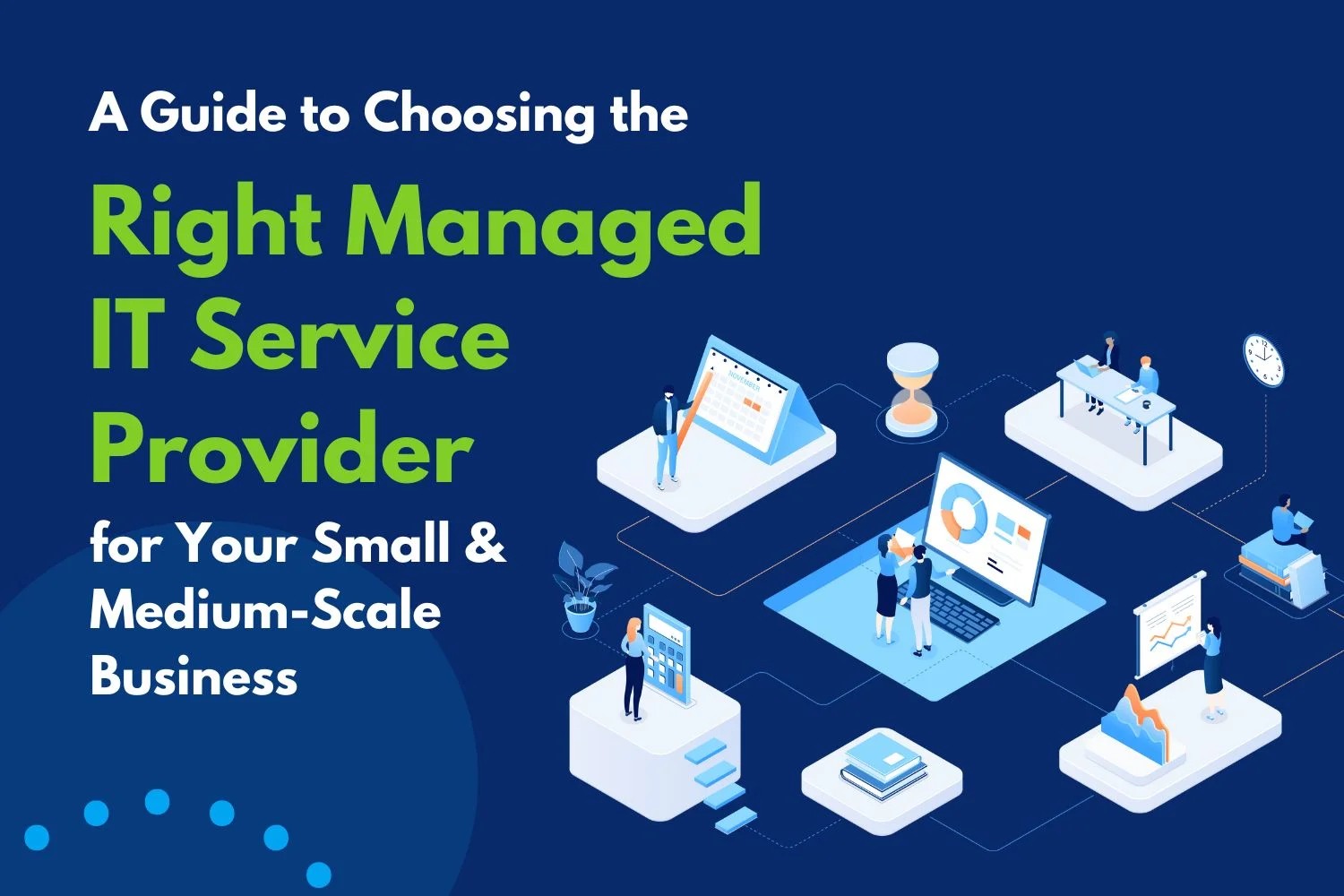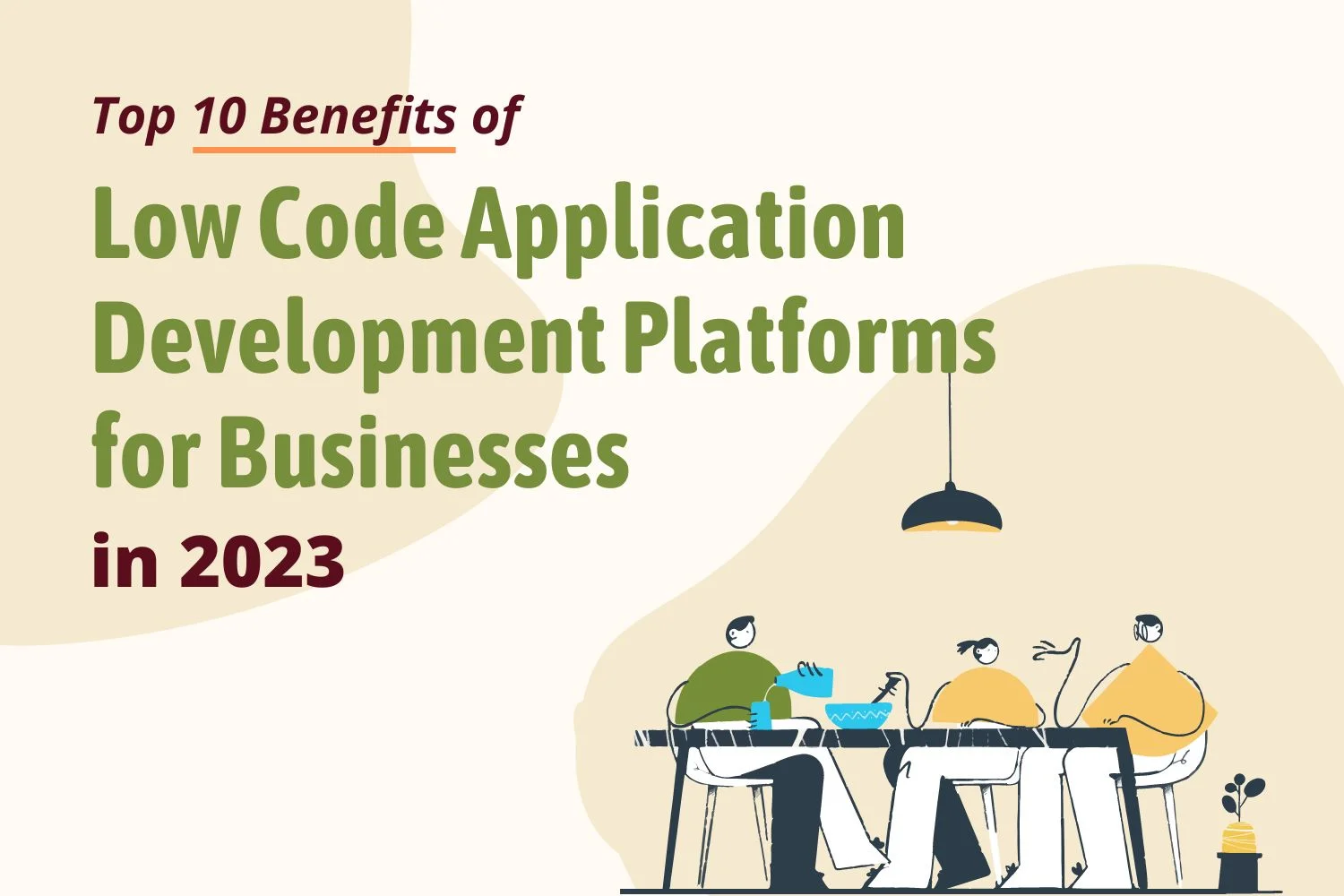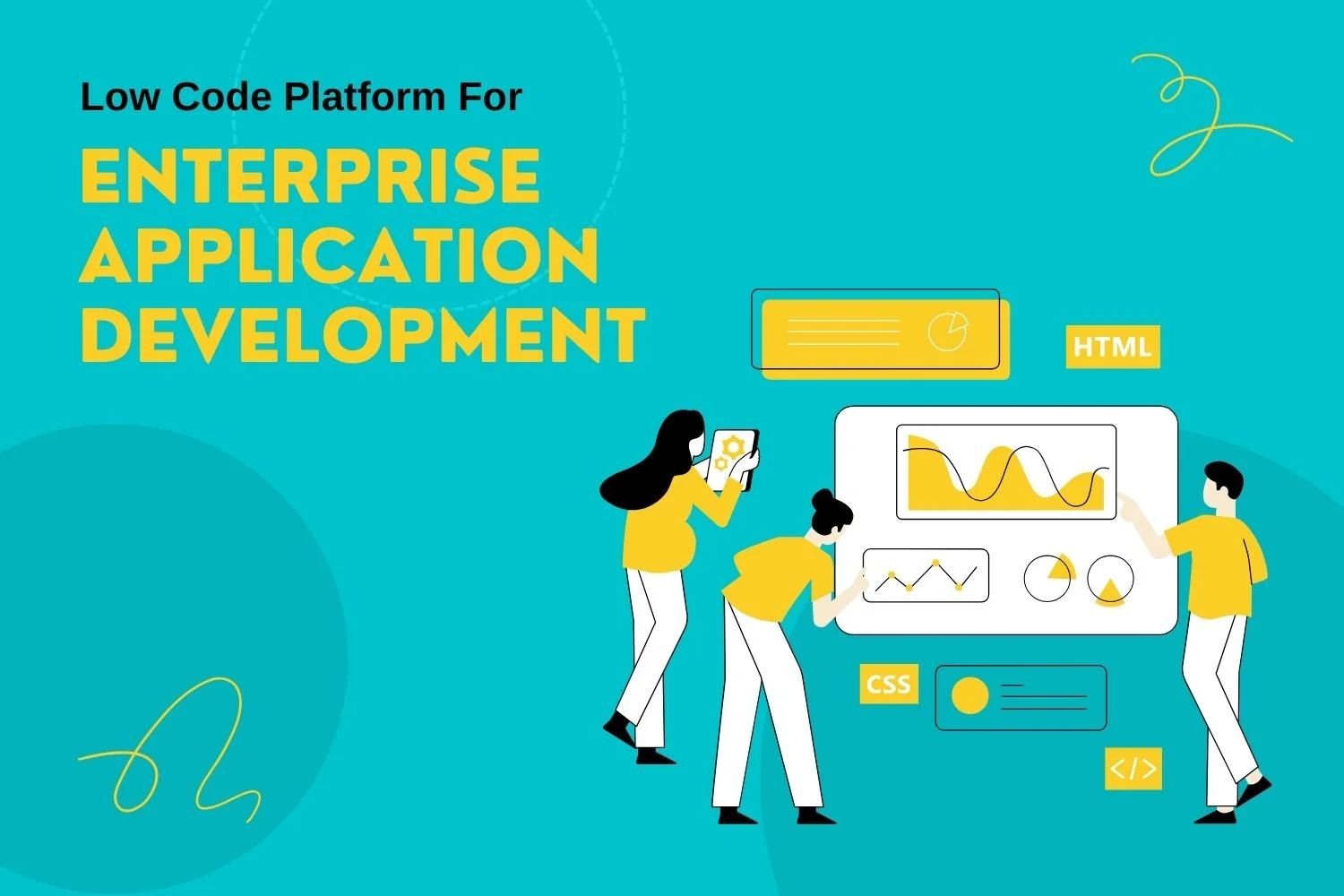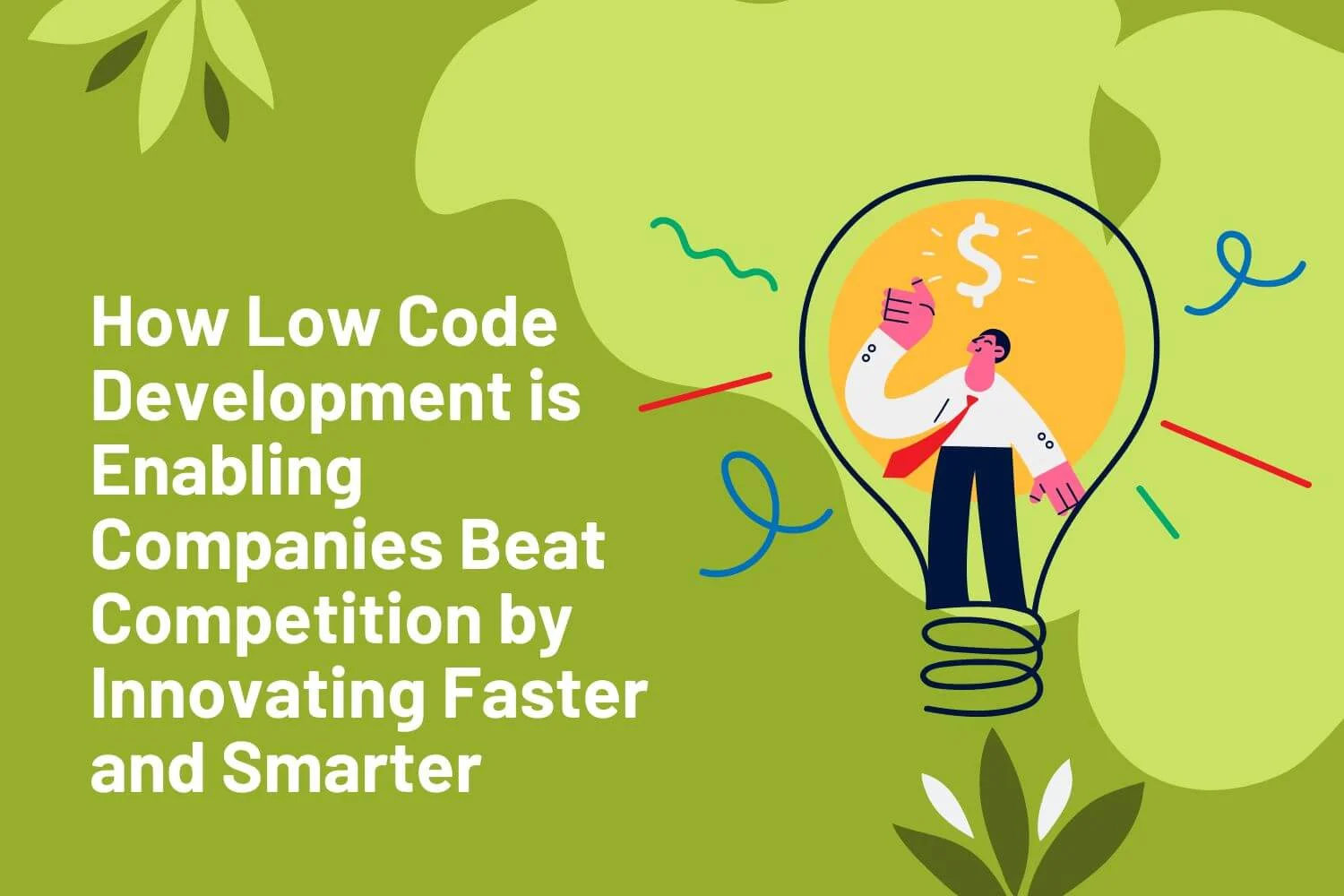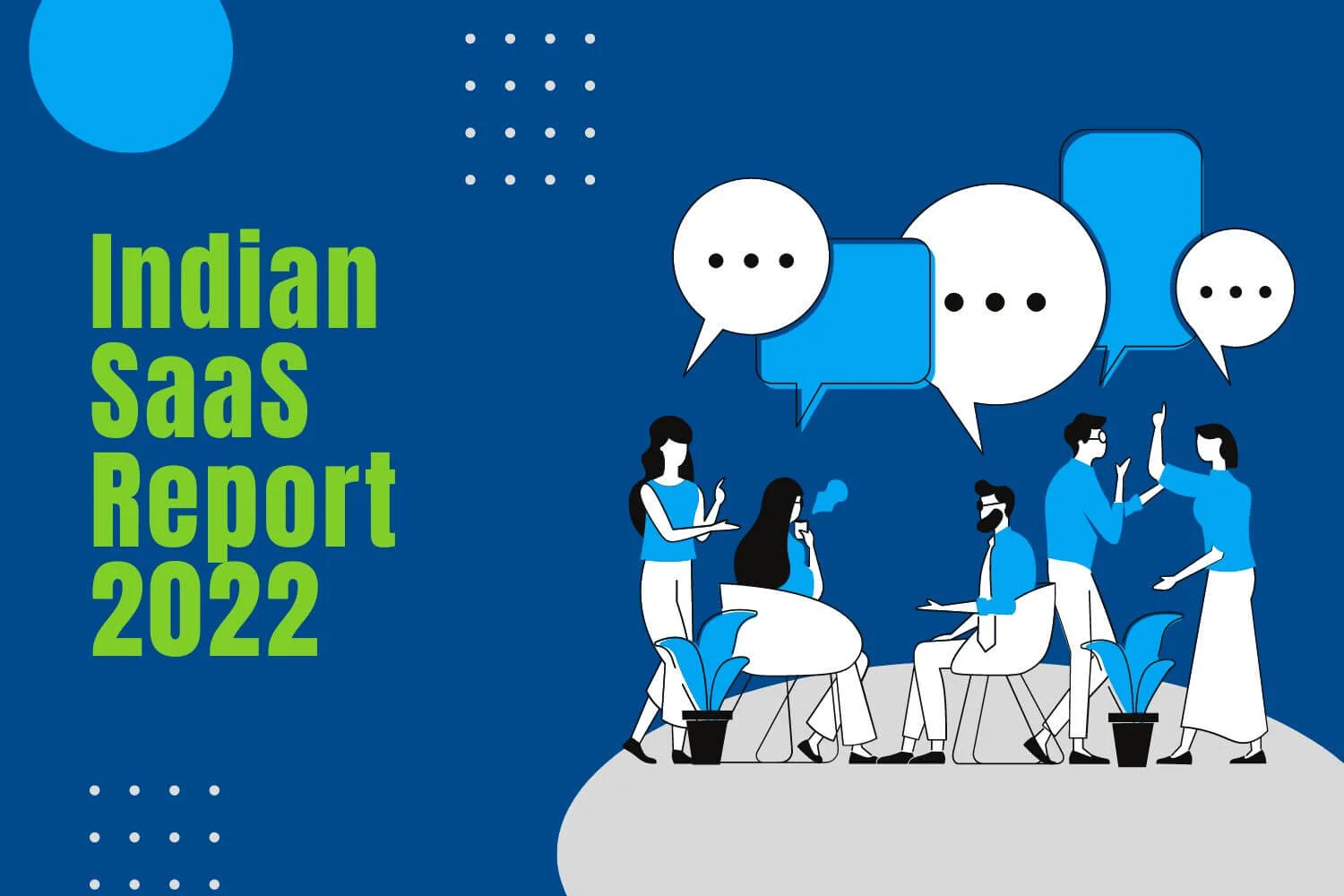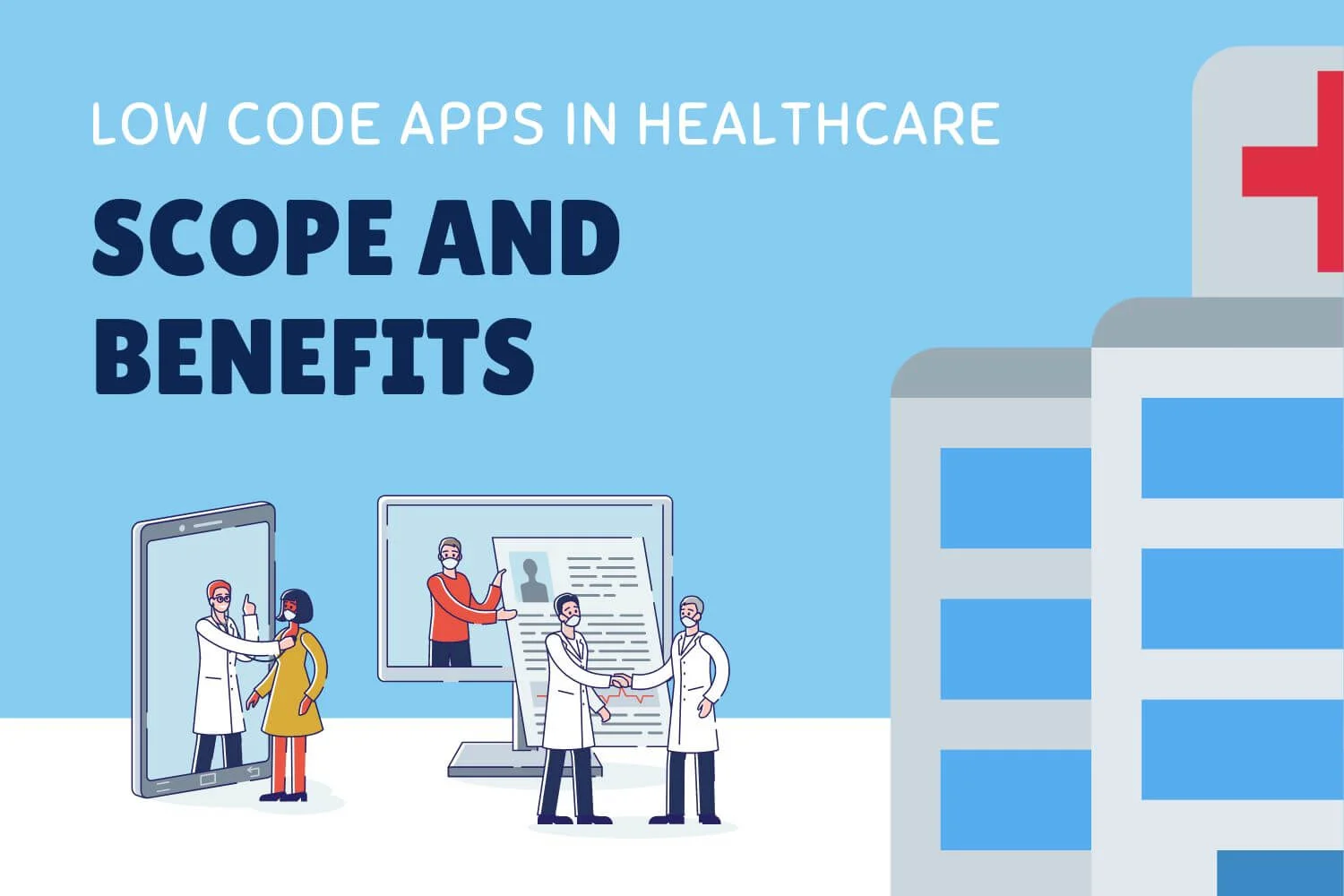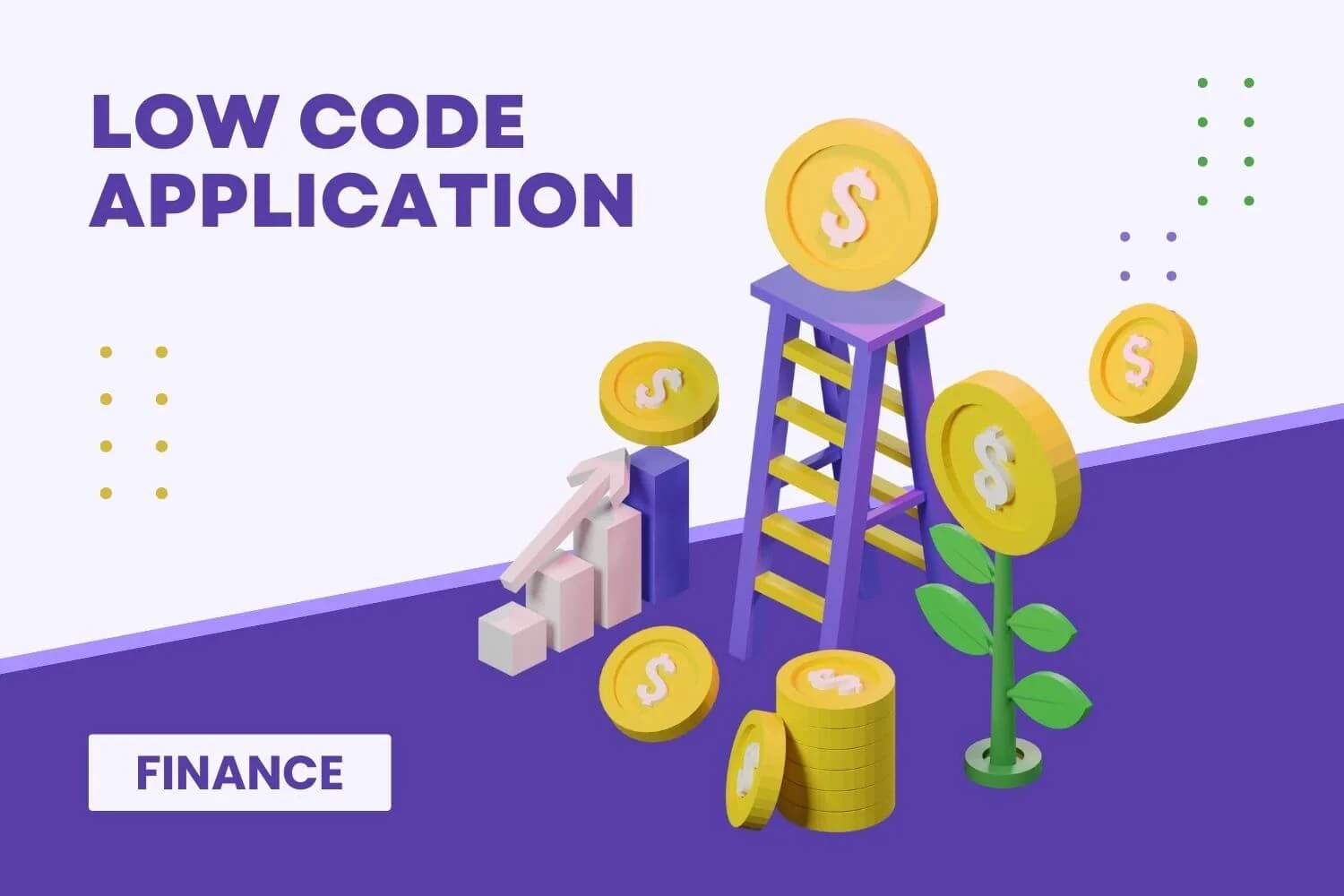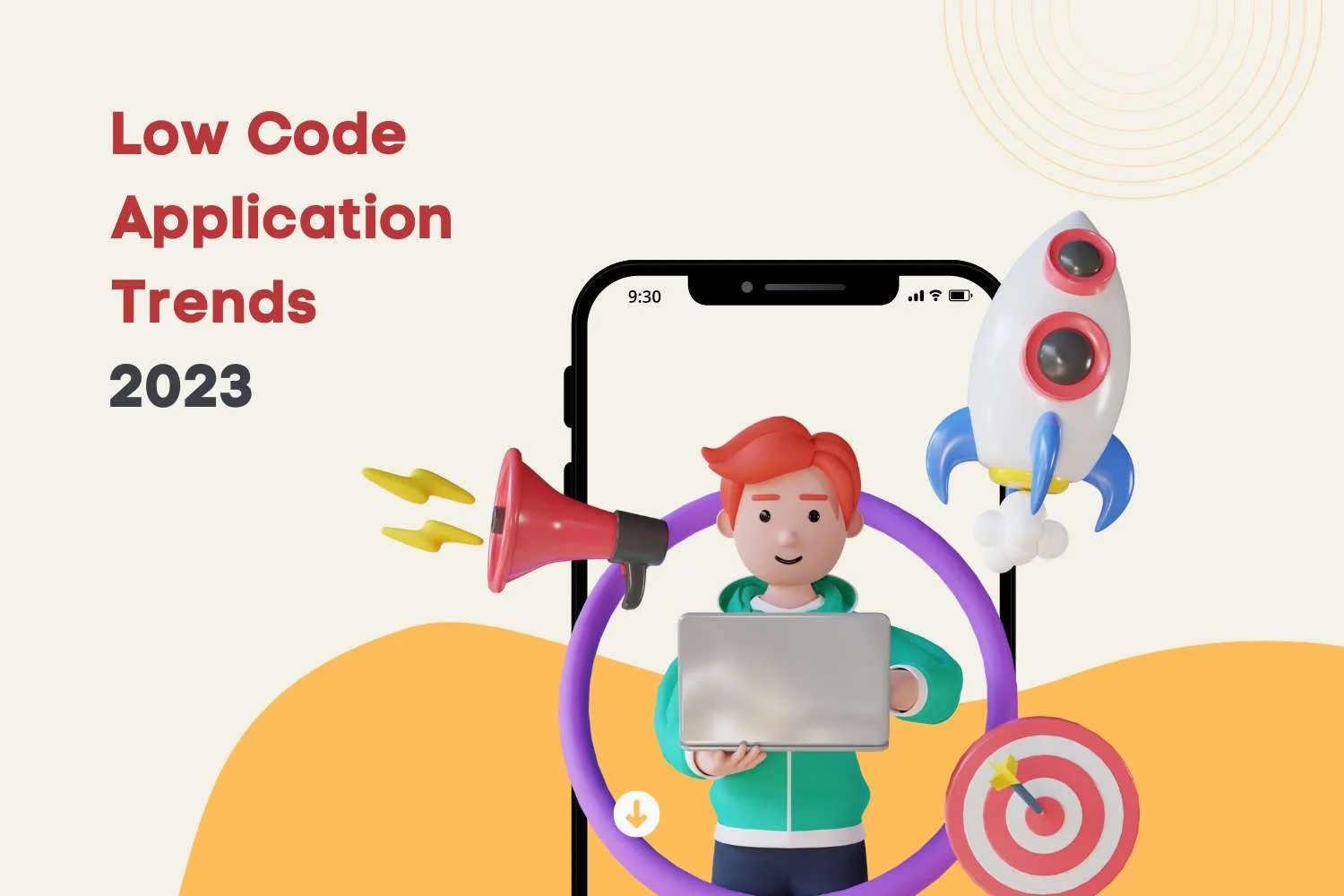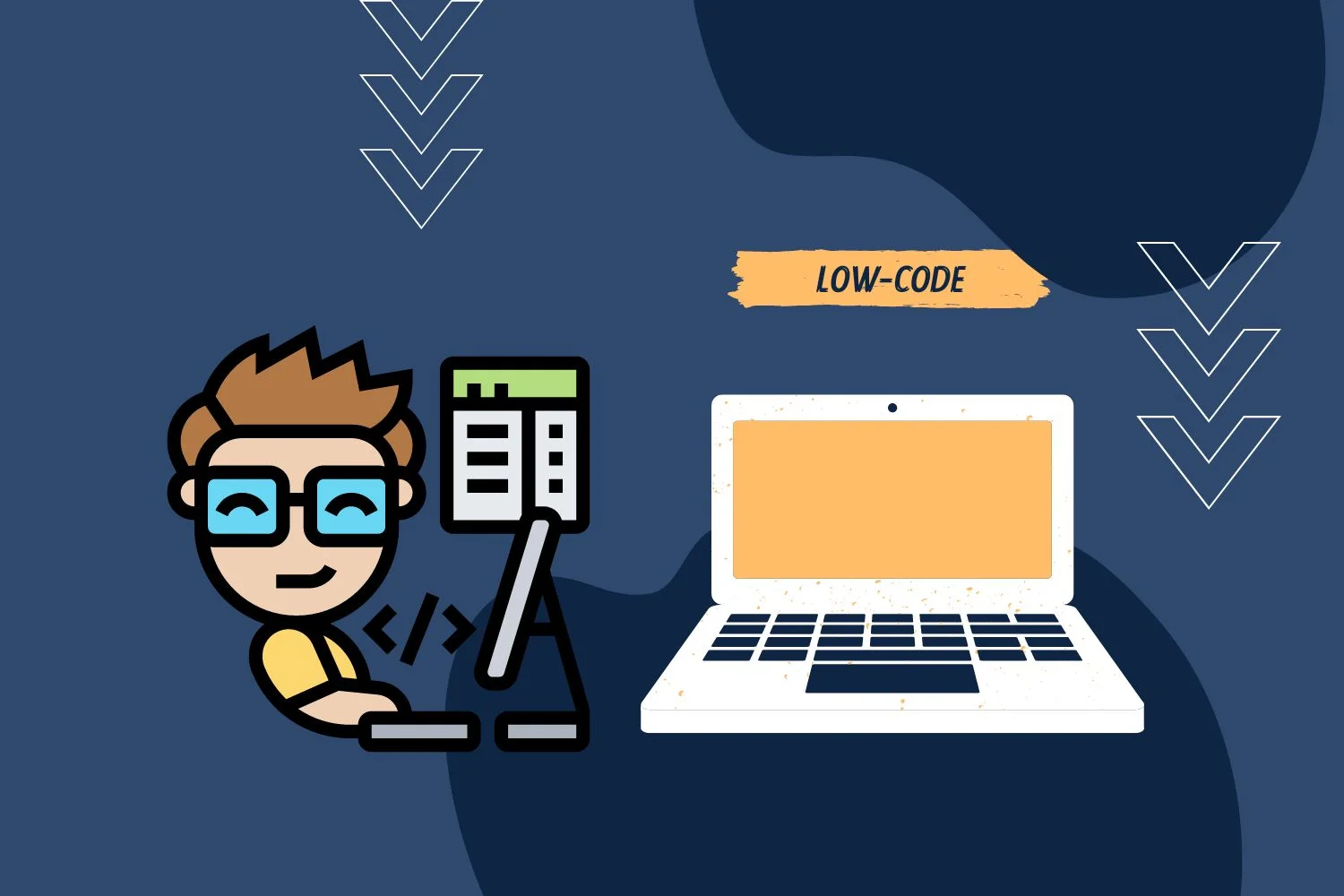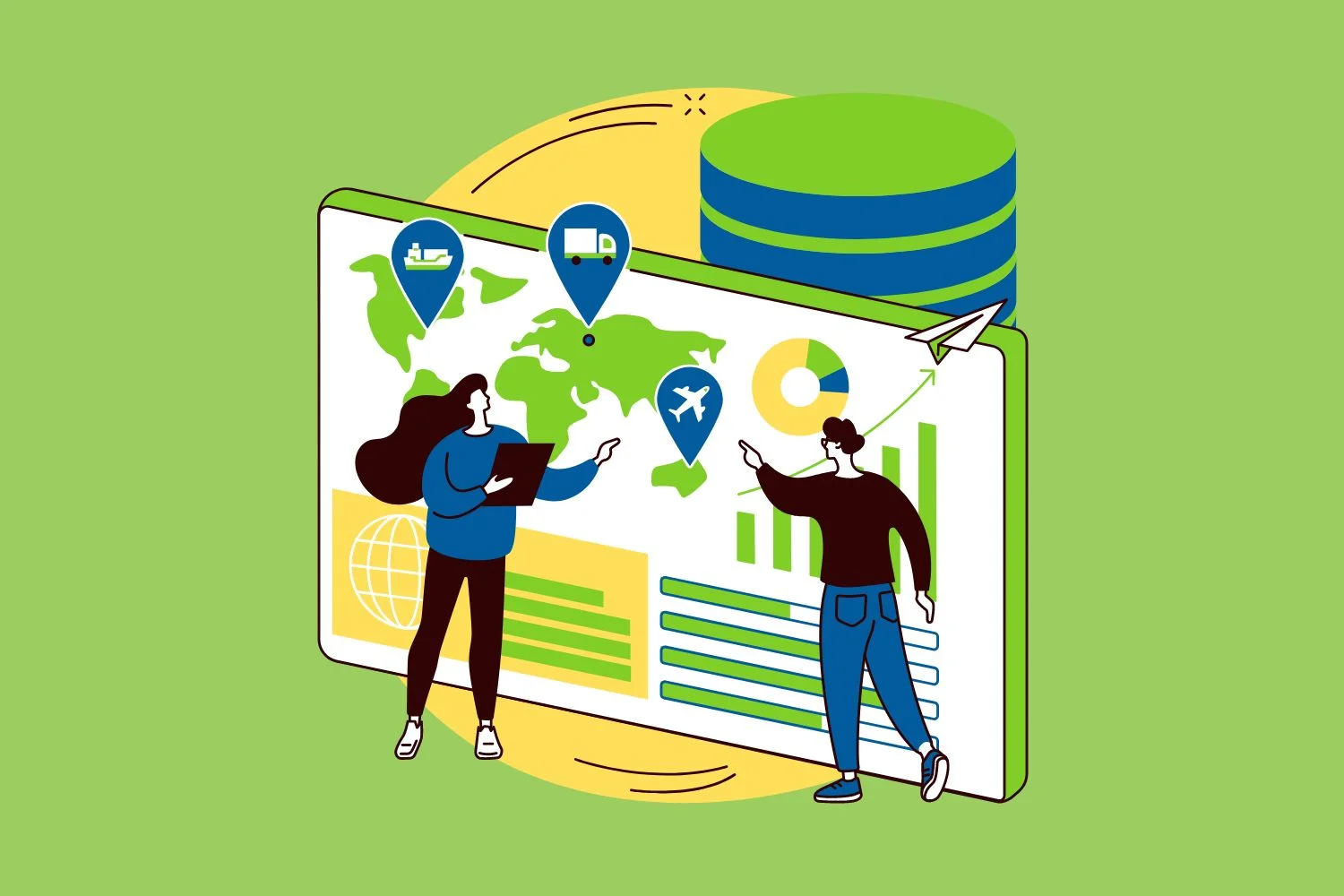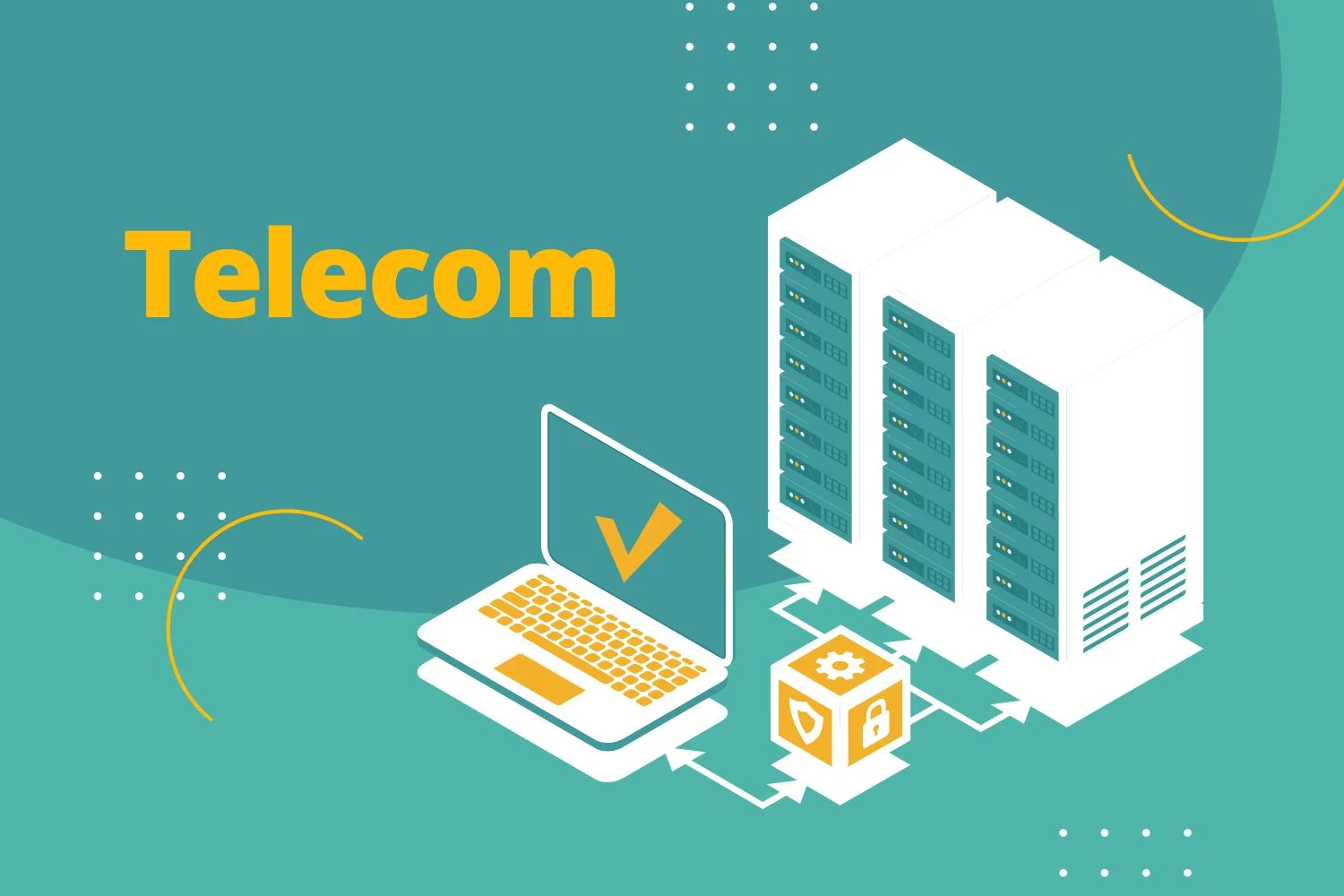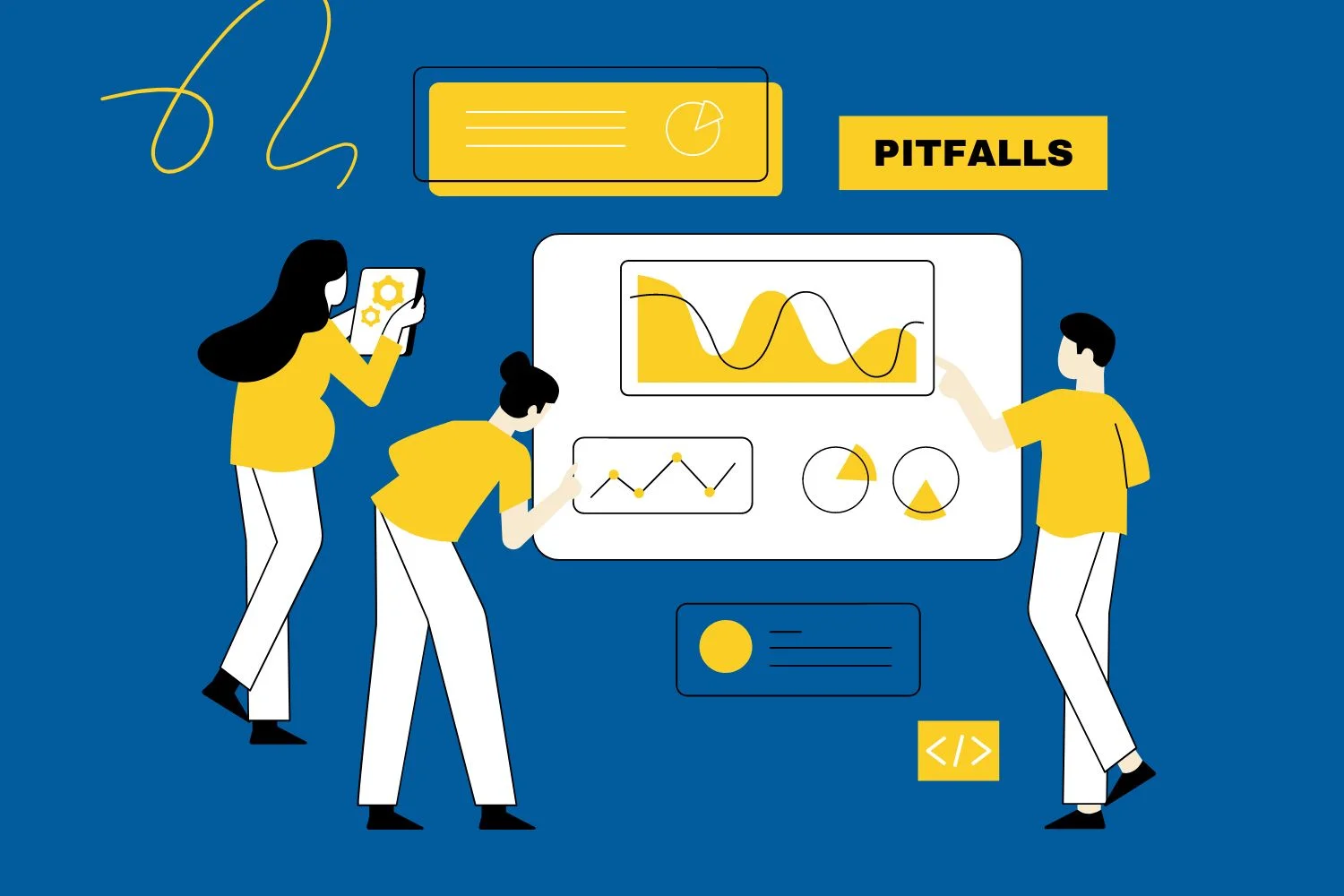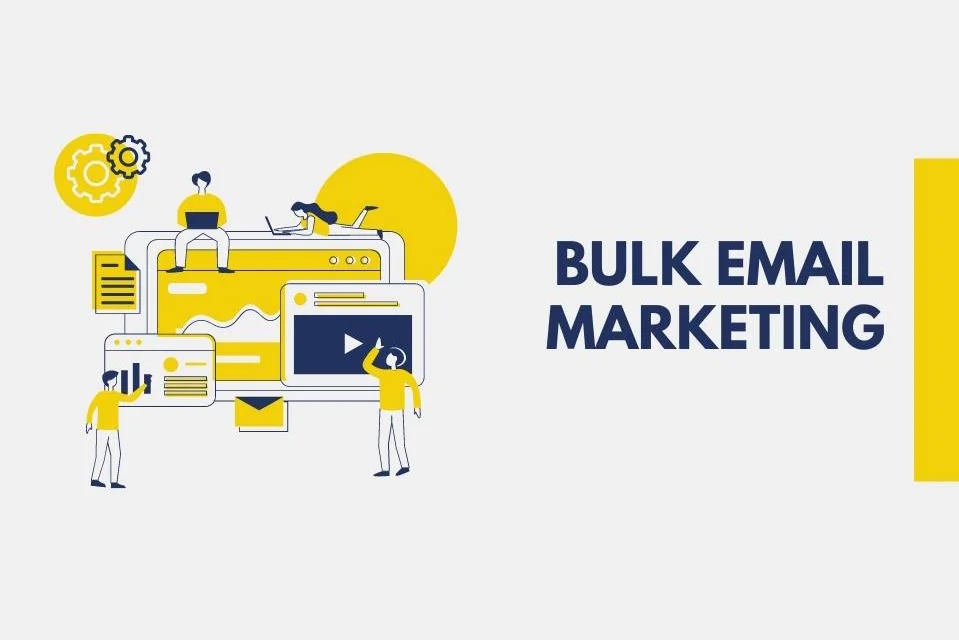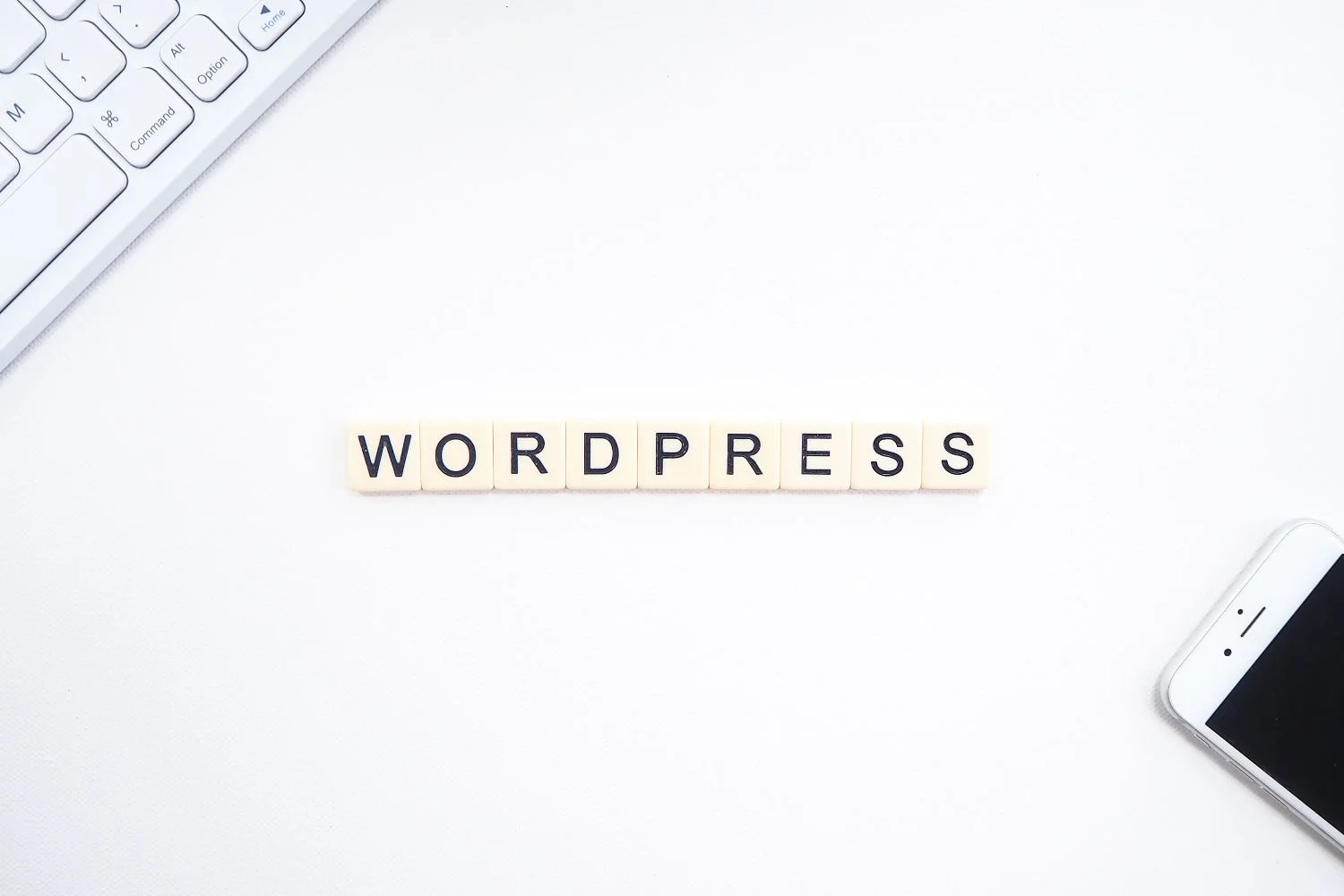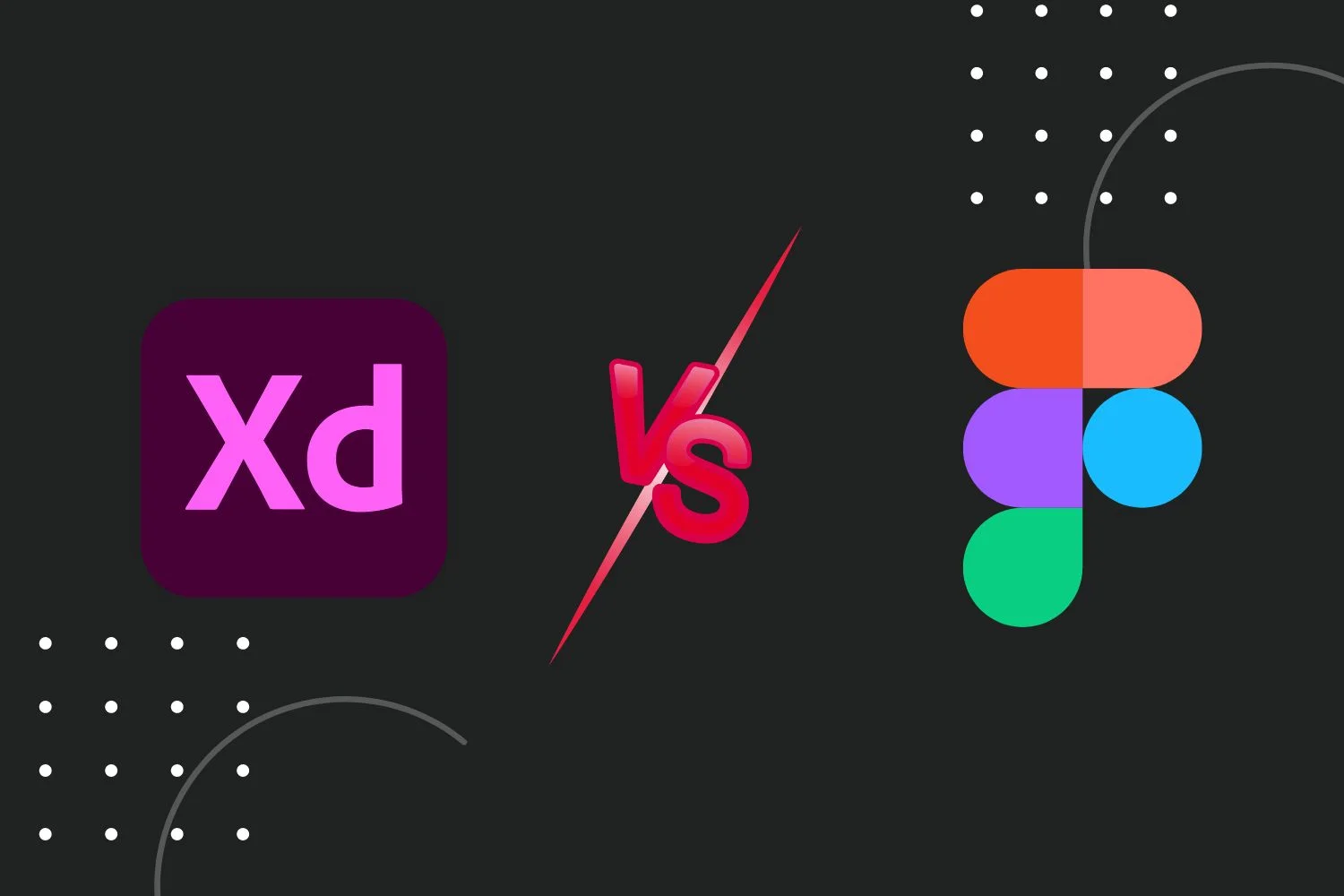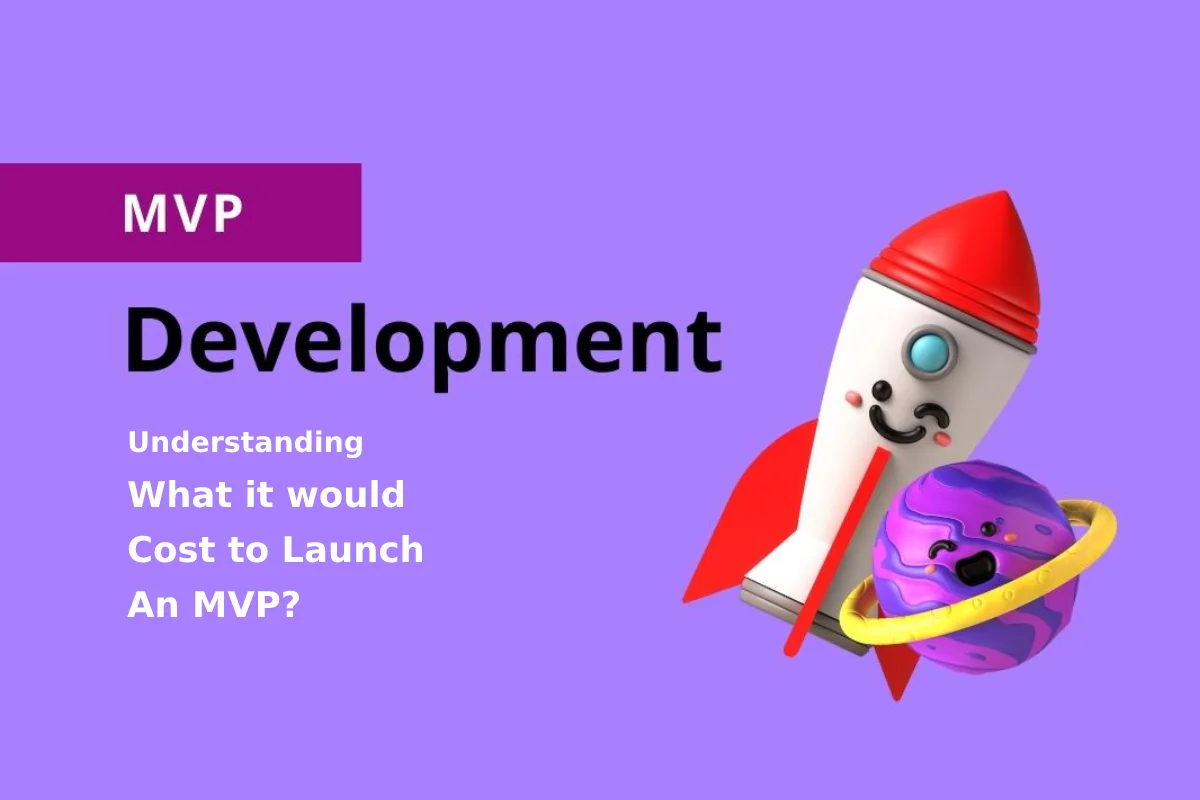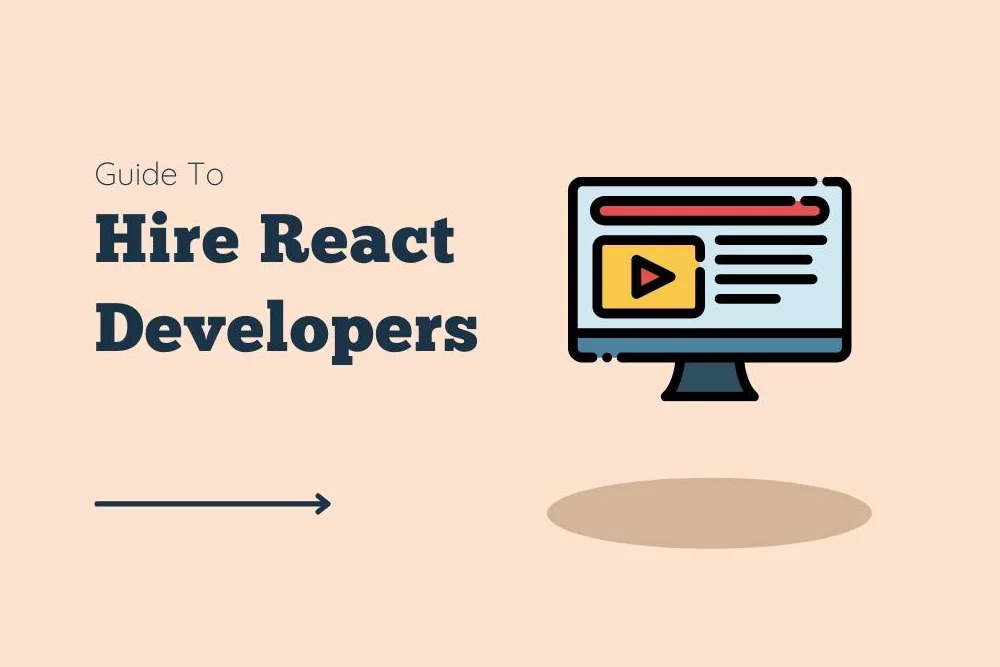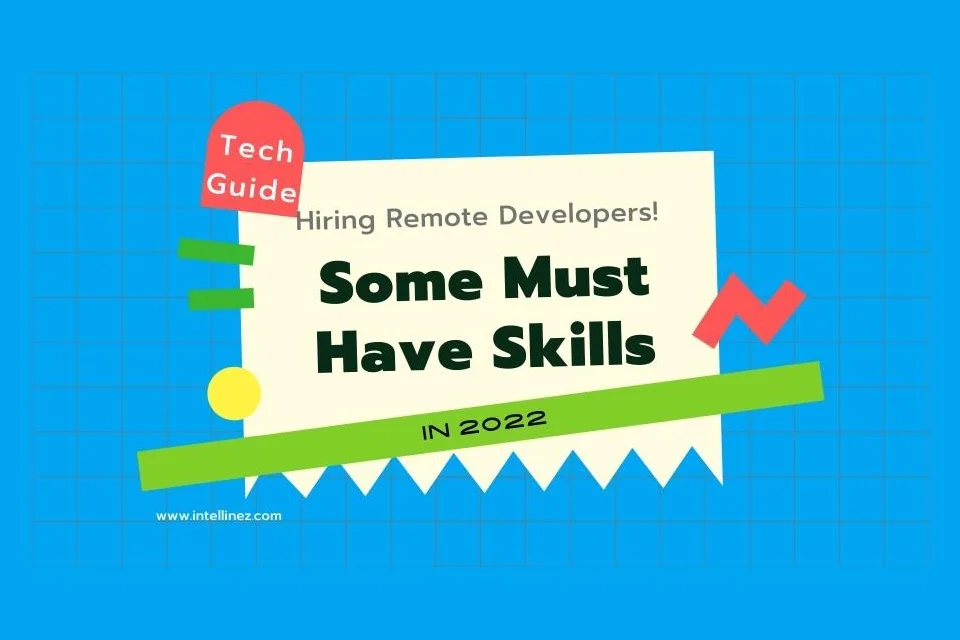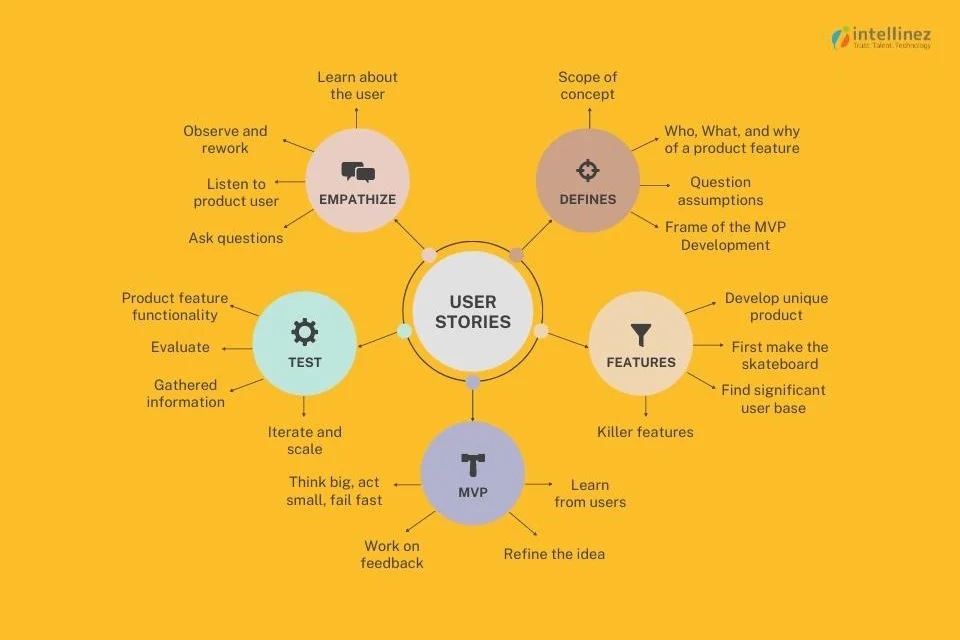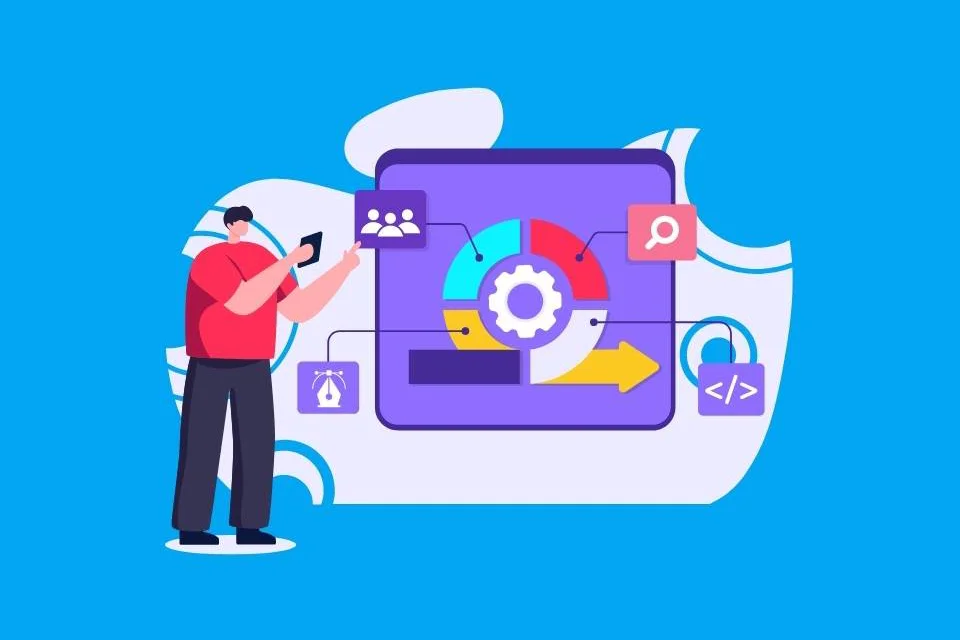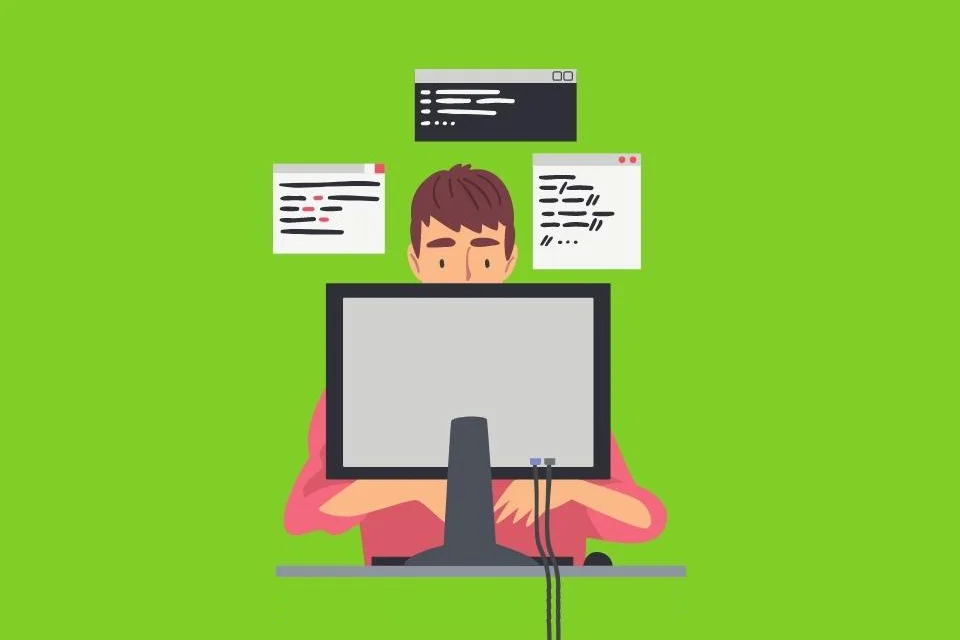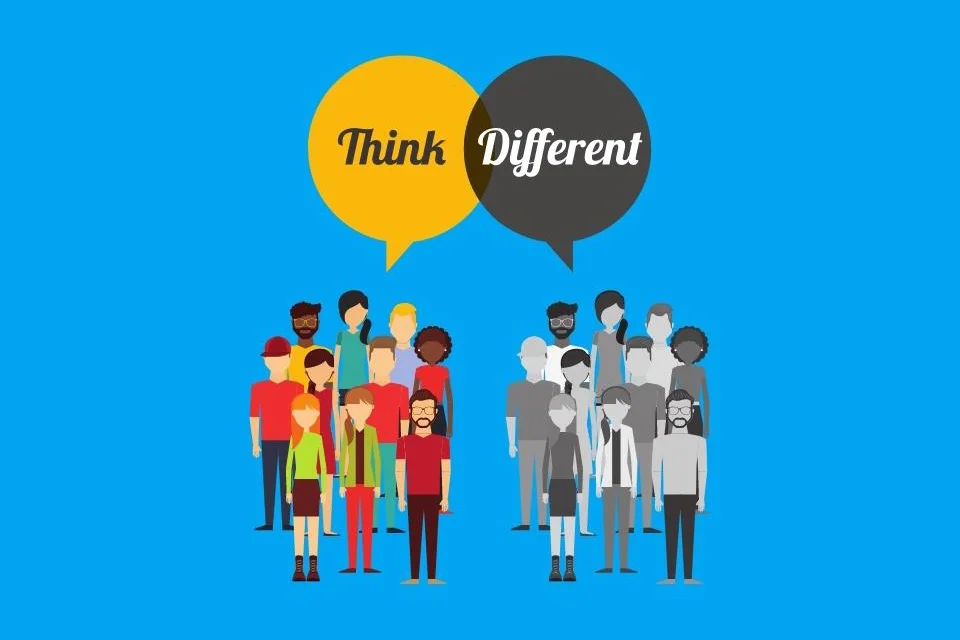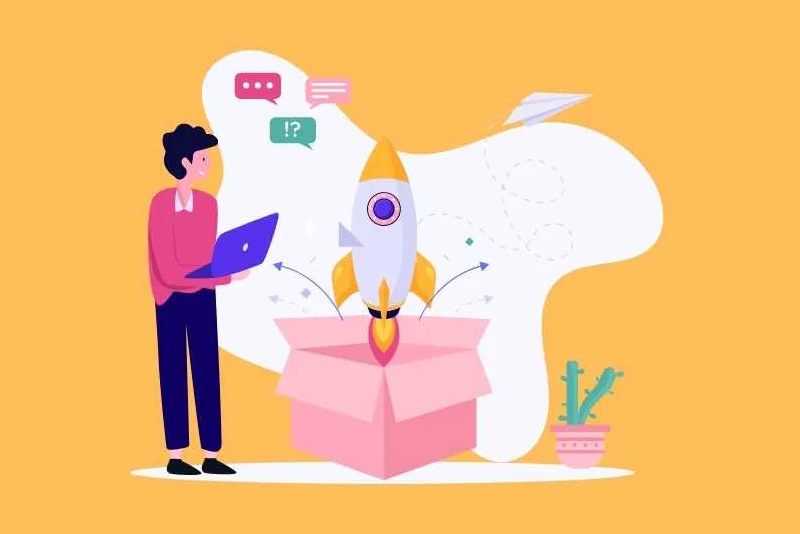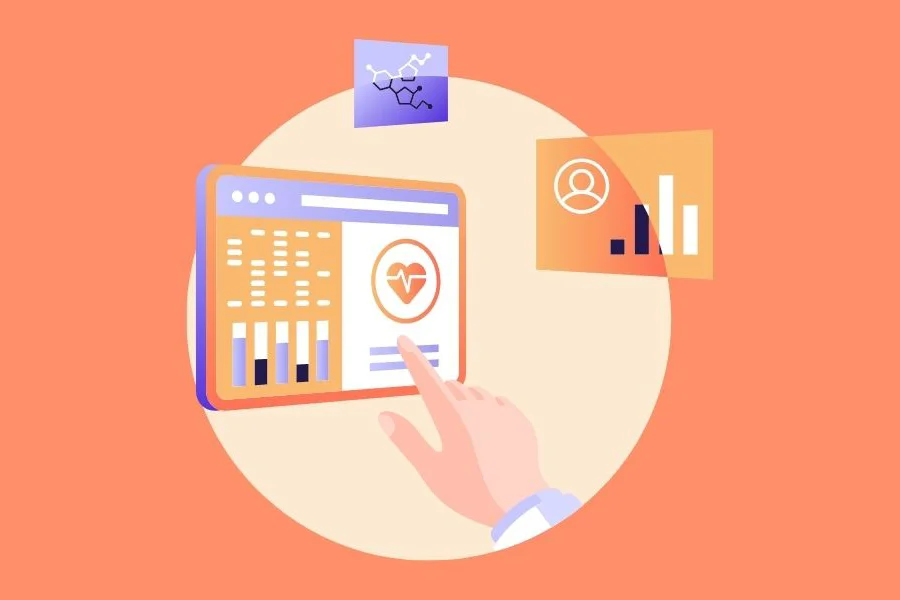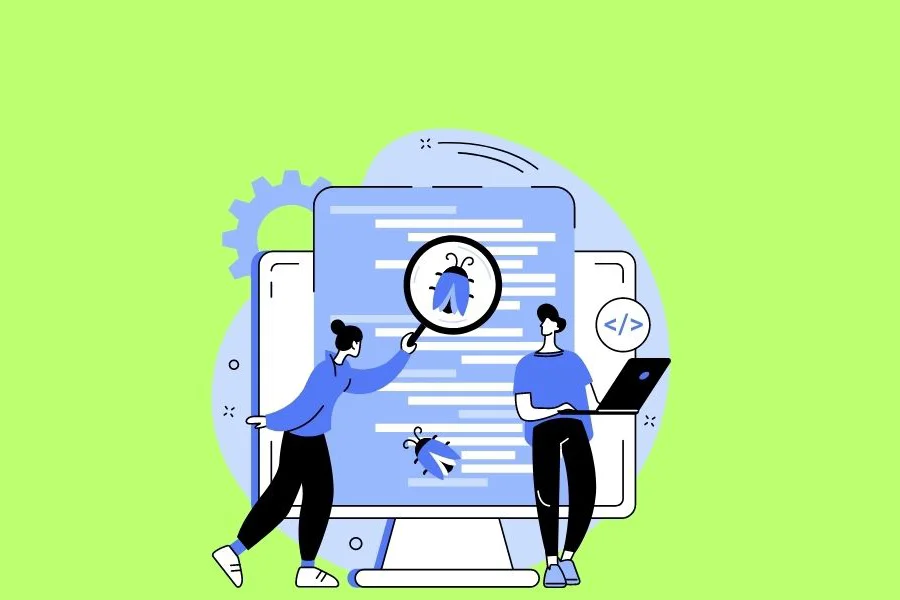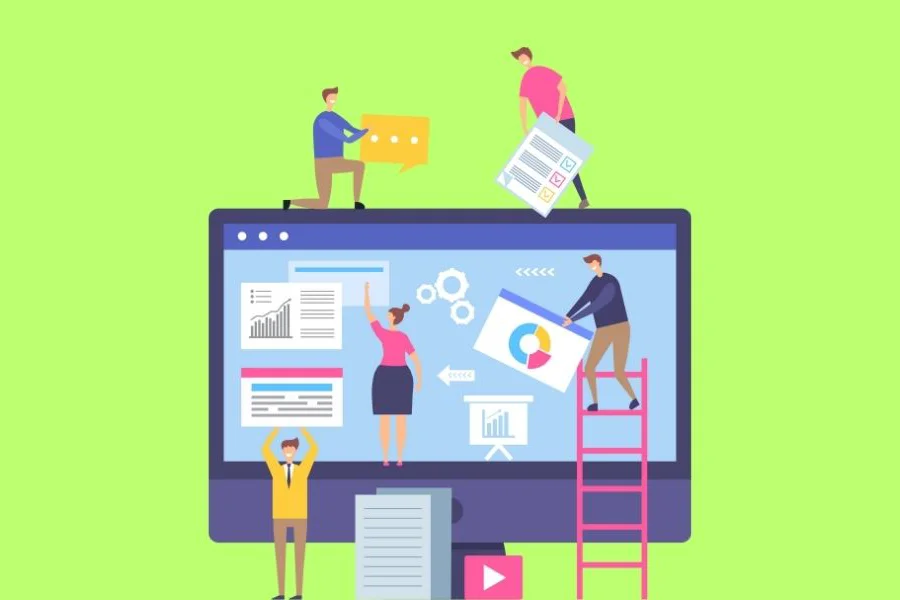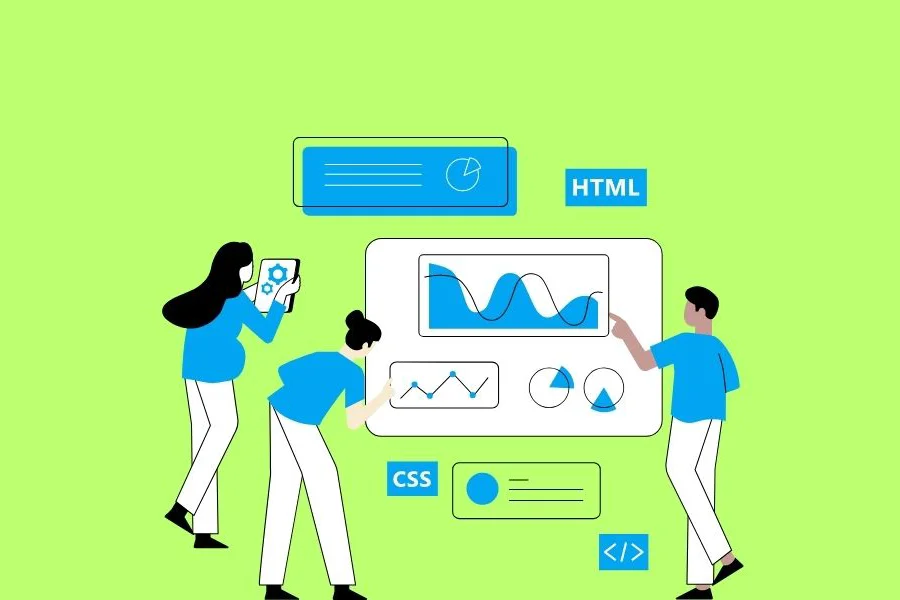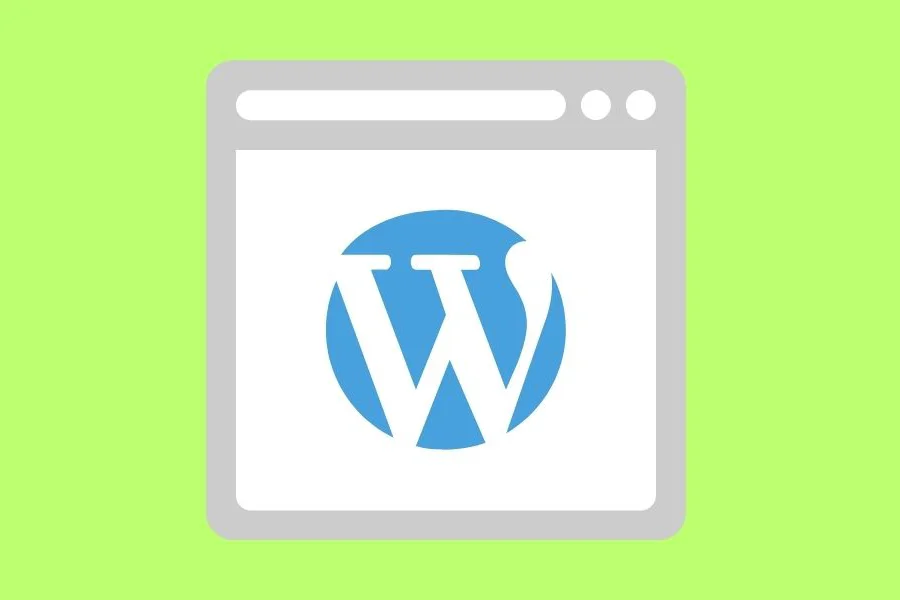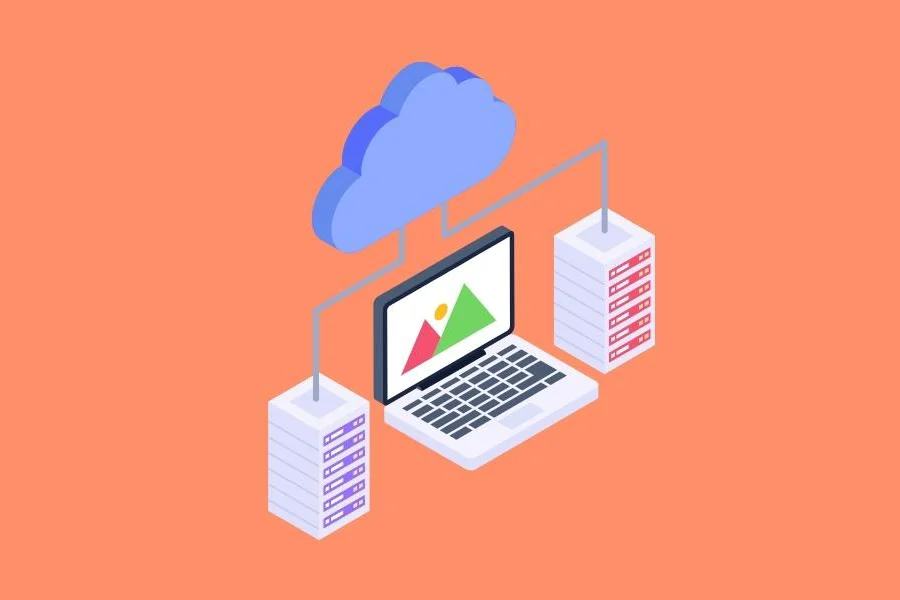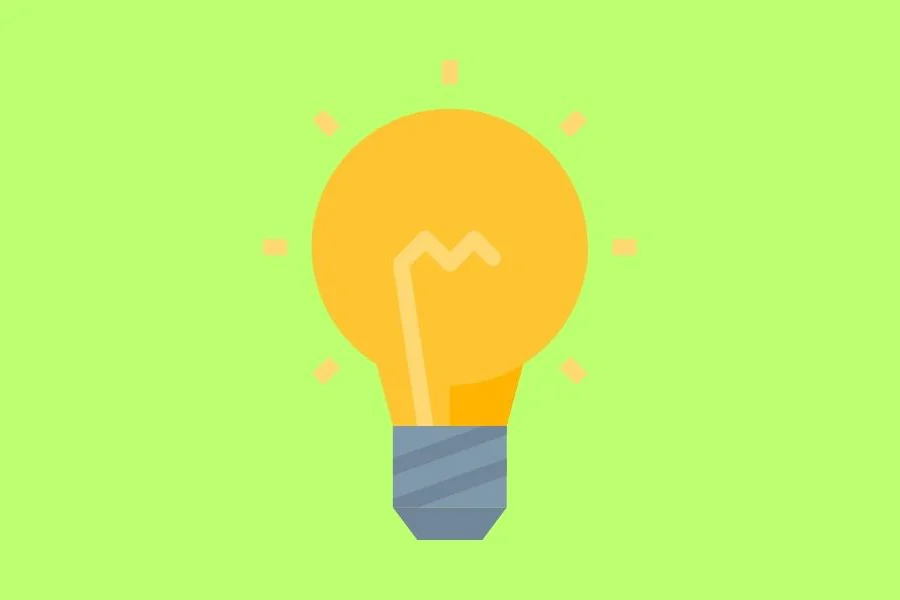Table of Contents
In a world where deadlines loom like storm clouds and project scopes can shift overnight, the art of project management often feels like navigating a treacherous maze. Every day, project managers face an array of challenges- juggling competing priorities, ensuring team alignment, and maintaining clear communication- all while striving to deliver exceptional results. In this high-pressure landscape, the quest for efficiency and productivity has never been more critical.
Fortunately, a new ally has emerged in this battle against chaos: AI-powered project management tools. These innovative solutions are not just enhancing traditional methodologies; they are reshaping the very fabric of how teams collaborate and execute projects. By harnessing the power of artificial intelligence, these tools automate mundane tasks, provide real-time insights, and predict potential roadblocks before they arise.
The significance of adopting AI-driven tools cannot be overstated. They empower teams to work smarter, not harder, allowing for a renewed focus on strategic initiatives rather than getting lost in administrative details. As we explore the transformative impact of these technologies, it becomes clear that embracing AI is no longer optional but essential for organizations looking to thrive in today’s dynamic environment.
What are AI Project Management Tools?
AI project management tools represent a significant advancement in the realm of project management, combining automation and intelligent analytics to enhance workflow efficiency.
At their core, these tools utilize artificial intelligence to automate routine tasks, analyze data, and provide actionable insights. Key features include task automation, predictive analytics, smart task assignment, and real-time reporting. This allows project managers to streamline operations, reduce manual workload, and focus on strategic decision-making.
Difference from Traditional Project Management Software
Unlike traditional project management software that primarily facilitates task tracking and collaboration, AI tools offer advanced functionalities that significantly enhance productivity. Traditional software often requires manual input for scheduling and resource allocation, while tools can automatically adjust these elements based on real-time data and historical patterns. This proactive approach enables teams to respond swiftly to changes and potential risks.
Example of AI Functionalities
AI project management tools incorporate various functionalities such as automation of routine tasks (e.g., scheduling), predictive analytics for forecasting project outcomes, and smart task assignment that allocates task based on team members’ skills and availability. These features not only improve efficiency but also enhance decision-making by providing data-driven insights that guide project managers in navigating complexities effectively. Overall, AI project management tools are game changers in optimizing productivity and ensuring successful project delivery.
Key Benefits of AI Project Management Tools

Improved Decision-Making with Data-Driven Insights
AI project management tools empower project managers to make informed decisions based on comprehensive data analysis. By processing vast amounts of historical and real-time data, these tools identify trends, patterns, and potential risks that may not be immediately visible. This capability allows managers to adjust strategies proactively, ensuring that projects stay on track and aligned with organizational goals.
For instance, predictive analytics can forecast project outcomes, enabling managers to anticipate challenges and allocate resources more effectively. Ultimately, the reliance on data-driven insights enhances overall decision-making quality, leading to better project outcomes and increased stakeholder satisfaction.
Automation of Repetitive Tasks to Save Time
One of the most significant advantages of AI project management tools is their ability to automate repetitive tasks. This automation includes scheduling meetings, tracking progress, generating reports, and managing administrative duties that typically consume valuable time.
By offloading these mundane tasks to artificial intelligence, project managers can focus on higher-value activities such as strategic planning and team leadership. This not only boosts productivity but also reduces the risk of human error associated with manual processes. As a result, teams can operate more efficiently, ensuring that projects progress smoothly without unnecessary delays.
Enhanced Team Collaboration Through AI-Powered Communication Tools
Effective communication is crucial for successful project management, and AI-powered tools significantly enhance collaboration among team members. These tools facilitate seamless communication by providing features such as chatbots, virtual assistants, and integrated messaging platforms that streamline information sharing. AI can also analyze communication patterns to identify potential bottlenecks or misunderstandings within the team. By ensuring that everyone has access to the same information in real-time, these tools foster a collaborative environment where team members can work together more effectively. Enhanced collaboration ultimately leads to improved project outcomes and stronger team dynamics.
Real-Time Tracking and Reporting for Better Project Visibility
AI project management tools offer real-time tracking and reporting capabilities that provide enhanced visibility into project progress. With dashboards displaying KPIs and milestones, project managers can monitor development at a glance. Immediate access to information allows for timely interventions when issues arise, ensuring that projects remain on schedule and within budget. Additionally, automated reporting features reduce the time spent on compiling status updates, allowing teams to focus on execution rather than admiration. By maintaining transparency through the project lifecycle, stakeholders can stay informed and engaged, contributing to overall project success.
How AI Transforms Project Management Workflows?

Intelligent Scheduling and Resource Allocation
Artificial intelligence transforms project management workflows through intelligent scheduling and resource allocation, ensuring that projects run smoothly and efficiently. Traditional scheduling often relies on manual input and historical data, which can lead to inefficiencies and missed deadlines. AI tools analyze past project data and current team availability to create optimal schedules that account for task dependencies and potential bottlenecks.
For example, artificial intelligence can automatically adjust timelines based on real-time progress or unexpected changes, allowing project managers to respond swiftly to challenges. Additionally, AI-driven resource allocation considers various factors such as team member skills, workload, and project requirements to assign tasks effectively. This dynamic approach not only enhances productivity but also minimizes the risk of burnout among team members by ensuring a balanced workload.
Risk Identification and Mitigation Using Predictive Analytics
Another critical transformation brought by AI in project management is its ability to identify and mitigate risks through predictive analytics. By analyzing historical data and current project metrics, AI tools can forecast potential issues before they escalate into significant problems. For instance, if a project is falling behind schedule, predictive analytics can highlight the likelihood of delays based on previous similar projects.
This foresight allows project managers to implement proactive measures, such as reallocating resources or adjusting timelines, to mitigate risks effectively. Furthermore, continuous monitoring of project health through AI enables teams to adapt their strategies in real-time, ensuring that they remain on course despite unforeseen challenges. By embracing predictive analytics, organizations can enhance their risk management capabilities and increase the likelihood of successful project outcomes.
Adaptive Learning from Past Projects to Improve Future Outcomes
AI’s ability to learn from past projects is a game-changer for enhancing future outcomes in project management. Through machine learning algorithms, AI tools analyze completed projects to identify patterns and insights that can inform future planning and execution. This adaptive learning process allows organizations to refine their methodologies continuously by understanding what strategies worked well and which did not. For example, if a particular approach led to delays in previous projects, AI could recommend alternative strategies based on successful outcomes from similar initiatives. This iterative learning not only improves the accuracy of estimates but also enhances overall project performance by fostering a culture of continuous improvement. By leveraging insights gained from past experiences, teams can make more informed decisions, optimize workflows, and ultimately achieve better results in future projects.
AI-Assisted Goal setting and Performance Tracking
Artificial intelligence also revolutionizes goal setting and performance tracking within project management workflows. Traditional methods often involve setting goals based on subjective assessments or historical performance without real-time context. In contrast, AI-powered tools utilize data-driven insights to establish realistic, measurable goals aligned with organizational objectives. These tools continuously monitor progress against set goals usings real-time data analytics, enabling project managers to track performance dynamically. If a team is falling short of its targets, AI can provide actionable recommendations for adjustments, such as reallocating resources or modifying timelines. Moreover, these systems facilitate transparent communication among team members regarding their individual contributions toward collective goals. By integrating AI into goal setting and performance tracking processes, organizations can enhance accountability, improve motivation among team members, and ensure that projects remain aligned with strategic objectives throughout their lifecycle.
Top AI Project Management Tools to Consider
Tool 1: Asana
Asana is a comprehensive project management tool designed to help teams organize, track, and manage their work efficiently. With its intuitive interface, users can create tasks, set deadlines, and assign responsibilities to team members. Asana supports various project views, including lists, boards, and timelines, allowing teams to visualize their workflows in a way that suits their preferences. The platform also offers features for collaboration, such as comments and file sharing, ensuring that all team members stay informed and engaged. Asana’s automation capabilities further enhance productivity by streamlining repetitive tasks and processes.
Asana Key Features:
- Task management with due dates and priority levels
- Multiple project views (list, board, timeline)
- Custom workflows with automation
- Time tracking integration
- Collaboration tools (comments, file sharing)
- Progress tracking with milestones and goals
- Reporting dashboard for real-time insights
Tool 2: Wrike
Wrike is a powerful project management software tailored for teams needing robust collaboration and reporting tools. It offers a customizable dashboard that provides a comprehensive overview of project progress and team performance. Wrike’s unique Work Intelligence features uses AI to analyze data and predict project risks, enhancing decision- making capabilities. The platform supports various project views and allows users to create detailed Gantt charts for effective planning. Wrike also integrates seamlessly with numerous third-party apps, making it a versatile choice for organizations of all sizes.
Wrike Key Features:
- Customizable dashboards for project tracking
- AI-powered Work Intelligence for risk analysis
- Gantt charts for visual project planning
- Time tracking and workload management
- Collaboration features (comments, file sharing)
- Advanced reporting tools
- Integrated with other software applications
Tool 3: ClickUp
ClickUp is an all-in-one project management tool that combines task management, document collaboration, and goal tracking in a single platform. Its highly customizable interface allows users to tailor workflows according to their specific needs. ClickUp’s AI features assist in automating repetitive tasks and generating insights from project data. The tool supports multiple views such as lists, boards, and calendars, providing flexibility in how teams manage their projects. ClickUp is particularly favored by teams looking for a comprehensive solution that adapts to various work styles.
ClickUp Key Features:
- Customizable task management system
- Multiple views (list, board, calendar)
- AI-assisted automation for tasks
- Goal tracking with performance metrics
- Document collaboration features
- Time tracking capabilities
- Integration with various apps
Tool 4: Notion
Notion is a versatile workspace tool that combines project management with notetaking and documentation capabilities. It allows teams to create customized workflows by combining databases, kanban boards, and calendars in one place. Notion’s AI features enhance productivity by automating follow-ups and summarizing discussions. The platform’s flexibility makes it suitable for various use cases, from project planning to knowledge management. Notion is ideal for teams looking to integrate documentation with their project management processes.
Notion Key Features:
- Customizable workspace for projects and documentation
- Integration of databases with task management tools
- AI-powered automation for notes and summaries
- Kanban boards and calendar views
- Collaboration features (comments, mentions)
- Templates for quick setup
- Cross-functional integration capabilities
Tool 5: Microsoft Project
Microsoft Project is a robust project management solution widely used in an enterprise environment. It offers advanced scheduling tools and resource management features that help teams plan complex projects effectively. The integration of Power BI provides powerful data visualization capabilities to track progress and performance metrics. Microsoft Project utilizes AI through Microsoft Copilot to assist in generating reports and analyzing risks. This tool is especially beneficial for organizations already embedded within the Microsoft ecosystem.
Microsoft Project Key Features:
- Advanced scheduling tools with Gantt charts
- Resource allocation and workload management
- Integration with Power BI for data visualization
- AI-assisted reporting through Microsoft Copilot
- Collaboration features via Microsoft Team integration
- Time tracking capabilities
- Customizable templates for various project types
AI Project Management Tools Comparison Table

How to Choose the Right AI Project Management Tool for Your Needs?
Factors to Consider:
- Team Size: Consider the number of users who will be accessing the tool, as some platforms are better suited for small teams while others cater to larger organizations.
- Project Complexity: Assess the complexity of your projects, more intricate projects may require advanced features such as Gantt charts, resource management, and risk analysis.
- Budget: Determine your budget for project management tools, as pricing can vary significantly. Some tools offer free versions or tiered pricing based on features.
- Integration Needs: Evaluate how well the tool integrates with existing software and tools your team already uses, such as communication platforms of file storage systems.
Choosing the right AI project management tool involves careful evaluation of several factors. Start by considering your team size, as this will influence the scalability and usability of the tool. A small team may benefit from a straightforward interface with essential features, while larger teams might require more robust functionalities to manage complex projects effectively. Additionally, assess the complexity of your projects, tools that offer advanced features like Gantt charts and predictive analytics may be necessary for intricate workflows.
Budget is another critical aspect; ensure that the pricing aligns with your organization’s financial capabilities. Many tools offer tiered pricing plans or free trials, allowing you to test their suitability before making a commitment. Lastly, consider integration needs – the chosen tool should seamlessly connect with existing software systems to enhance collaboration and data sharing across platforms.
Evaluating software through trials and demos is essential in selecting the right AI project management tool. Most providers offer free trials or live demonstrations, which allows potential users to explore features firsthand and assess usability. During these evaluations, focus on how intuitive the interface is and whether it meets your team’s specific needs. Pay attention to the level of customer support offered during the trial period, as this can be indicative of future service quality. Engaging with customer support during this phase can also help clarify any questions regarding functionality or integration capabilities.
Scalability and customer support are crucial elements to consider when choosing an AI project management tool. As your organization grows, your project management needs will likely evolve; thus, selecting a tool that can scale with your team is vital for long-term success. Ensure that the software can accommodate an increasing number of users and more complex project requirements without compromising performance. Additionally, reliable customer support is essential for troubleshooting issues and maximizing the tool’s potential. Look for vendors that provide comprehensive support options, such as live chat, email assistance, and a robust knowledge base to ensure you have access to help when needed.
Implementation Tips for AI Project Management Tools
Steps to Integrate AI Tools into Existing Workflows
Integrating AI project management tools into existing workflows requires a structured approach to ensure a seamless transition. First, assess your current project management processes and identify areas where artificial intelligence can add value, such as automating repetitive tasks or enhancing data analysis. Next, select an appropriate AI tool that aligns with your specific needs and objectives. Once the tool is chosen, collaborate with IT professionals to map out how the AI solution will interact with existing systems, ensuring compatibility with tools like CRM or ERP systems. Proper integration is crucial; it allows the AI tool to access relevant data from various sources, providing a holistic view of projects. After integration, conduct thorough testing to identify and resolve any issues before full deployment. Finally, communicate the changes to all team members, emphasizing the benefits of the new tool to encourage adoption.
Training Team Members to Maximize Tool Adoption
Training team members is essential for maximizing the adoption of AI project management tools within an organization. Start by organizing training sessions that focus on the tool’s features and functionalities, ensuring all users understand how to leverage its capabilities effectively. Tailor the training content to different roles within the team, addressing specific use cases relevant to each member’s responsibilities. Encourage hands-on practice through workshops or simulations, allowing team members to familiarize themselves with the interface and workflows. Additionally, provide ongoing support and resources, such as user manuals or video tutorials, to assist users as they navigate the new system. Foster a culture of open communication where team members can share their experiences and challenges using the tool. By investing in comprehensive training and support, organizations can enhance user confidence and engagement, leading to higher adoption rates and improved project outcomes.
Monitoring and Adjusting for Continuous Improvement
Monitoring and adjusting AI project management tools is vital for ensuring their effectiveness over time. After implementation, establish KPIs to evaluate how well the tool meets your project’s objectives. Regularly review these metrics to identify areas for improvement or adjustments needed in workflows. Solicit feedback from team members about their experiences using the tool; this input can provide valuable insights into usability issues or feature requests that could enhance functionality. Additionally, keep abreast of updates and new features released by the software provider, as these enhancements may offer opportunities for improved performance or efficiency. Conduct periodic training refresher to ensure that team members are utilizing the tool’s full potential as it evolves. By adopting a proactive approach to monitoring and adjustment, organizations can foster continuous improvement in their project management processes, ultimately leading to better productivity and project success.
Future of AI in Project Management
The future of AI in project management is characterized by transformative trends that will redefine how projects are managed. AI chatbots are increasingly utilized as virtual assistants, handling routine tasks such as scheduling and providing real-time project updates, which frees project managers to focus on strategic decisions. Generative AI is set to revolutionize task creation by automatically generating tasks based on project requirements and historical data, streamlining planning processes.
Additionally, advancements in predictive analytics will enable teams to identify potential risks and opportunities proactively, enhancing overall project management efficiency. These innovations will significantly boost productivity by automating repetitive tasks and facilitating data-driven decision-making. As AI tools take over mundane responsibilities, project teams can dedicate more time to high-value activities, leading to better resource allocation and collaboration.
By 2030, 80% of project management tasks will be automated, shifting the role of project managers toward strategic oversight rather than routine operations. As artificial intelligence continues to evolve, its applications in project management will expand, offering innovative solutions for enhanced efficiency and effectiveness. Organizations that embrace these advancements will gain a competitive edge in navigating complex projects and achieving their goals in an ever-changing business landscape.
Conclusion
The integration of AI-powered project management tools is set to revolutionize the way teams operate, driving efficiency, productivity, and strategic decision-making. As emerging technologies such as AI chatbots, generative AI, and predictive analytics become more prevalent, organizations will be better equipped to handle complex projects and adapt to dynamic environments. By automating routine tasks and providing valuable insights, these tools will empower project managers to focus on higher-value activities and foster collaboration among team members. Embracing these advancements will not only enhance project outcomes but also position organizations for success in an increasingly competitive landscape.
Are you ready to elevate your project management game?
Discover how Intellinez can help you in transforming your workflows and boost your team’s productivity utilizing the right AI-powered project management tool. With features like intelligent task automation, real-time analytics, and seamless integration with your existing systems, Intellinez can help you in developing AI project management tools that will help you navigate complex projects with ease.
-
What are AI project management tools?
AI project management tools utilize artificial intelligence to automate tasks, analyze data, and provide insights, enhancing efficiency and decision-making in project management processes.
-
How can AI improve project management productivity?
AI improves productivity by automating repetitive tasks, offering predictive analytics for risk management, and facilitating better collaboration among team members through real-time insights.
-
What features should I look for in an AI project management tool?
Look for features like task automation, predictive analytics, customizable dashboards, integration capabilities, and robust collaboration tools to enhance your project management experience.
-
How do I ensure successful adoption of an AI tool?
To ensure successful adoption, provide comprehensive training, encourage team feedback, and integrate the tool gradually into existing workflows while highlighting its benefits.
-
What is the future of AI in project management?
The future of AI in project management includes increased automation, enhanced decision-making capabilities, and a shift in project manager roles toward strategic oversight rather than routine tasks.

































![A Comprehensive Guide to AWS SaaS Architecture [Diagram Included] 76 Aws SaaS Architecture](http://www.intellinez.com/wp-content/uploads/2024/08/Title-image.jpg)

